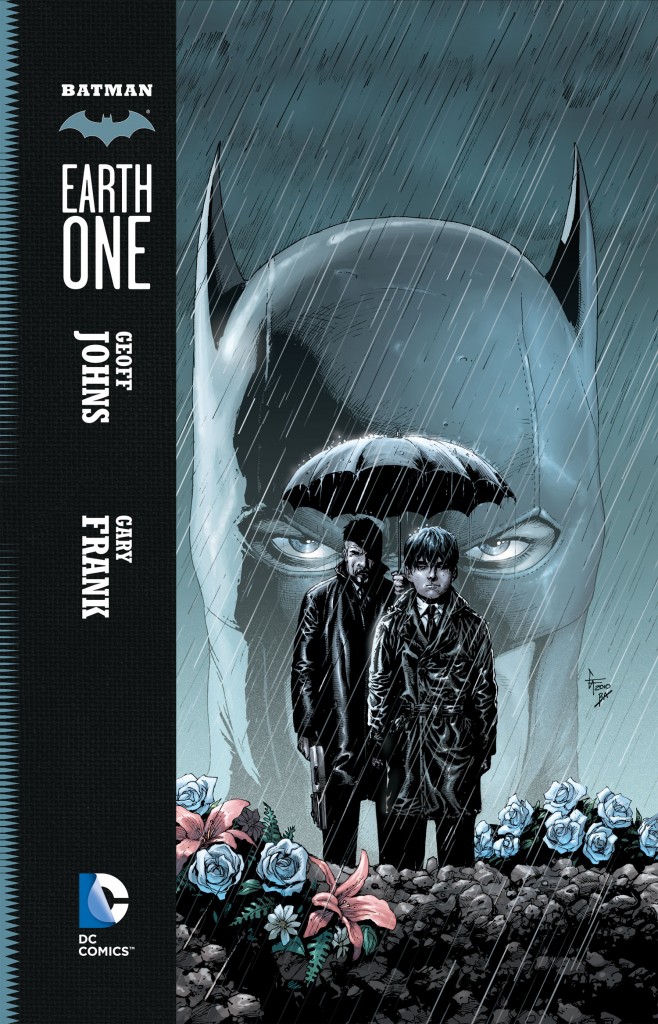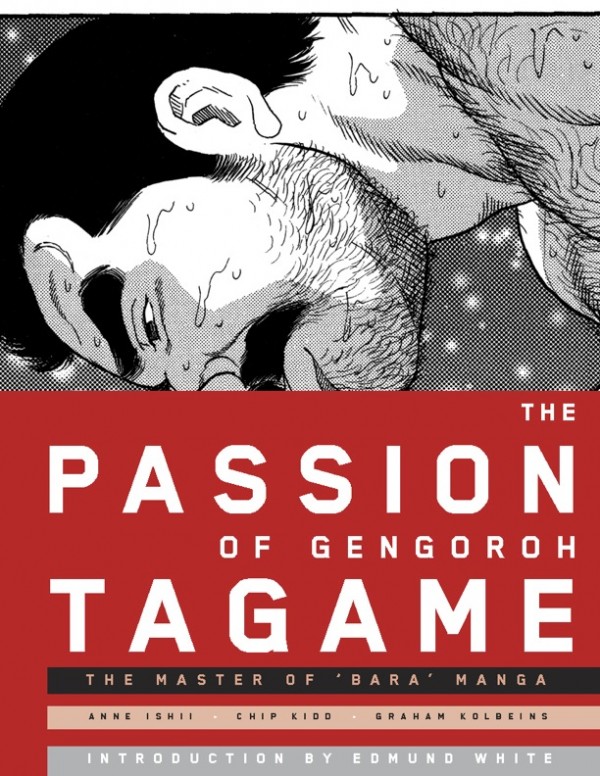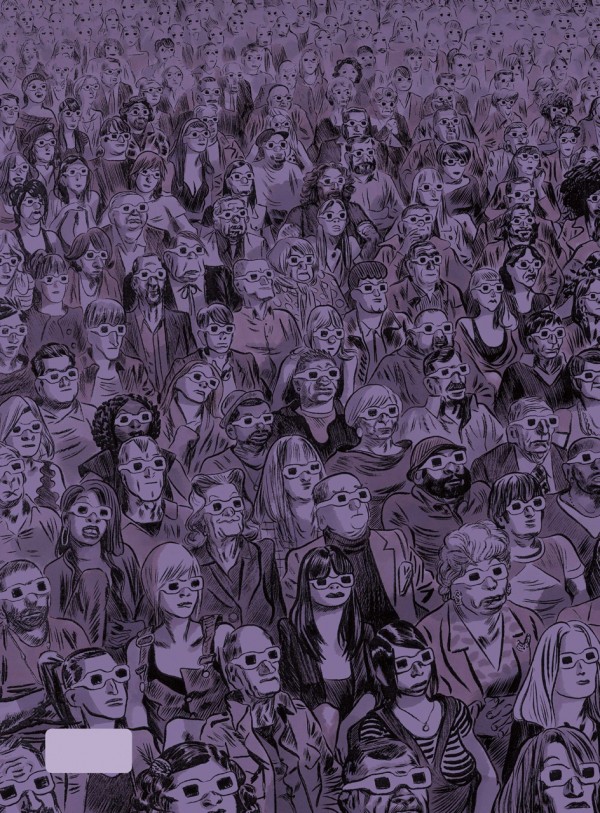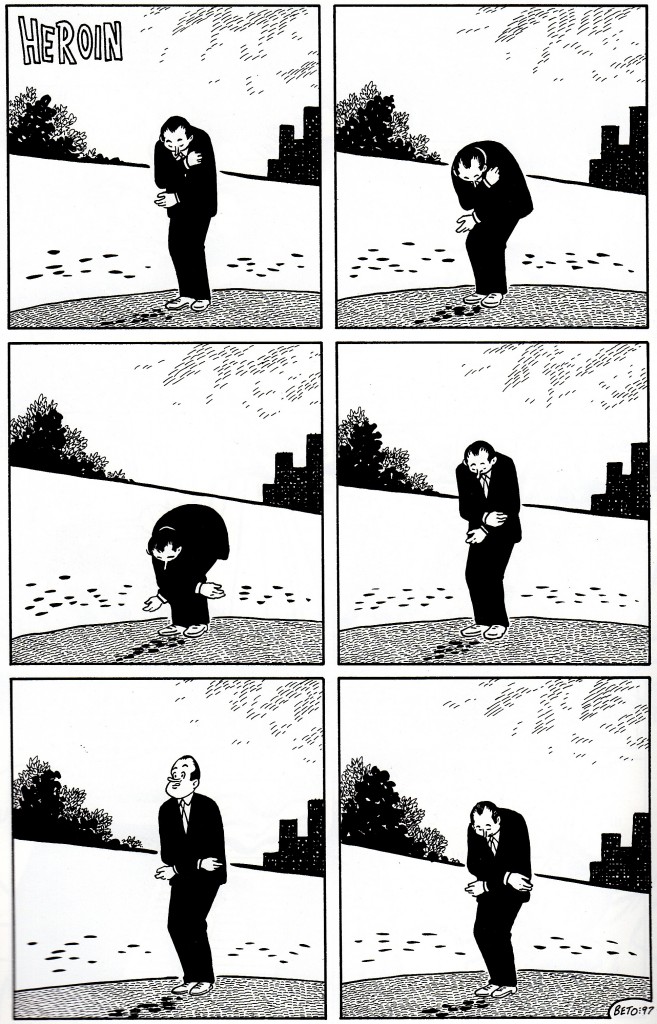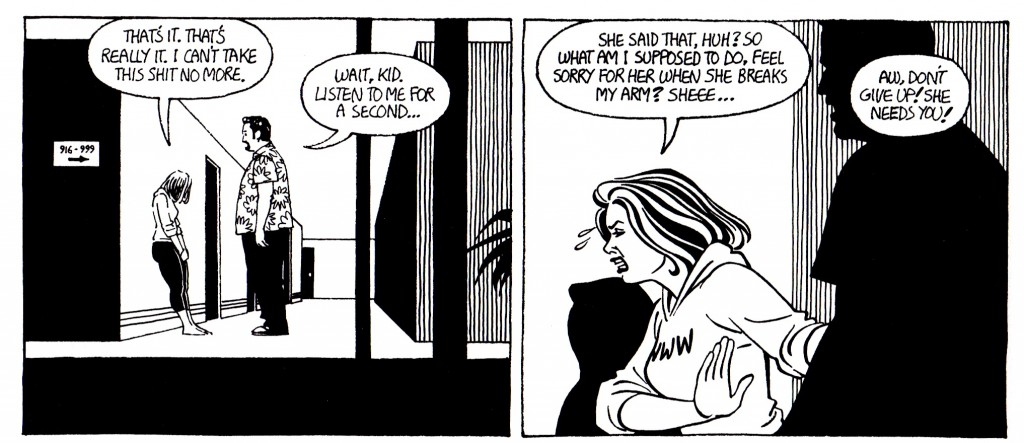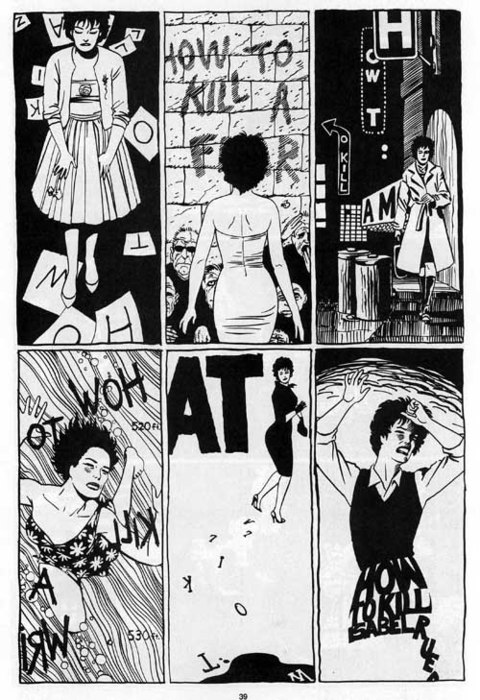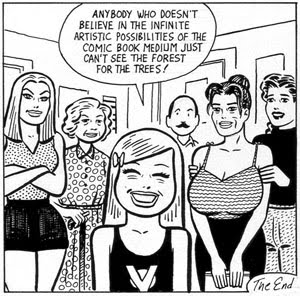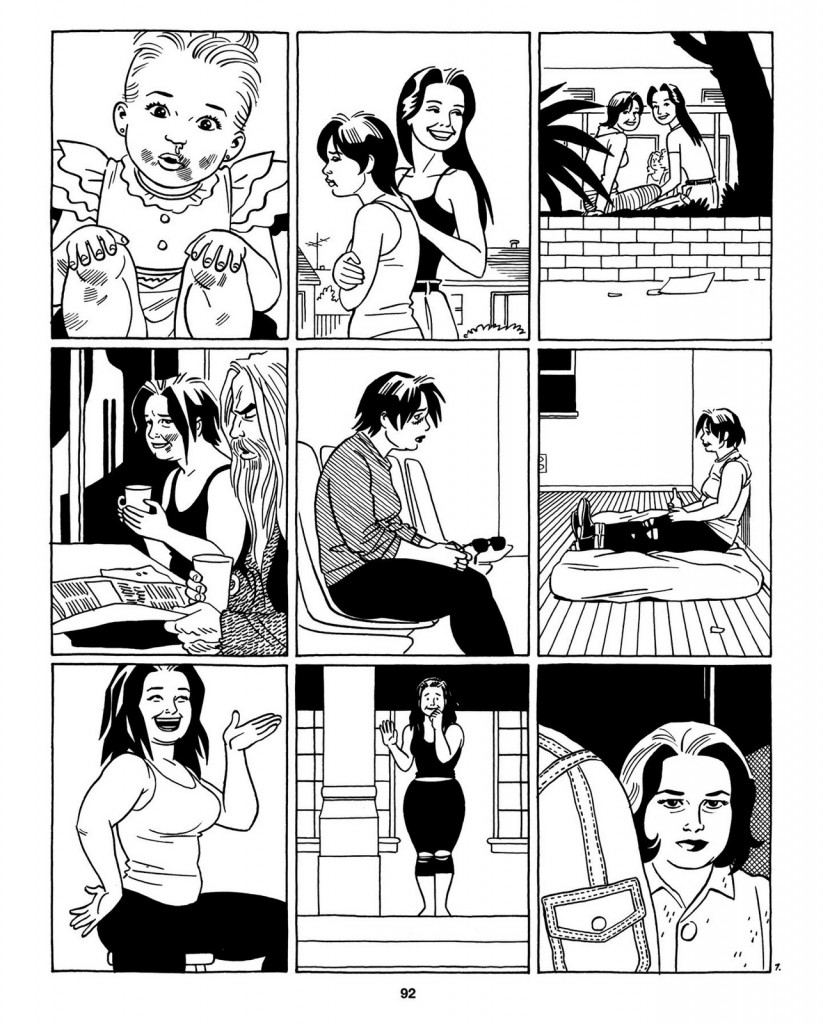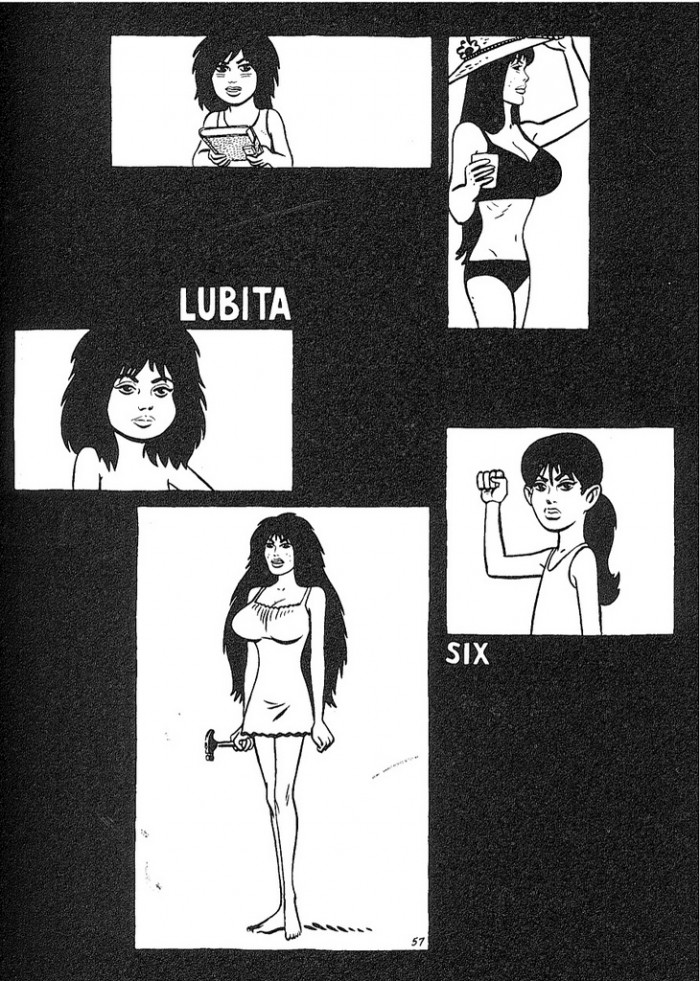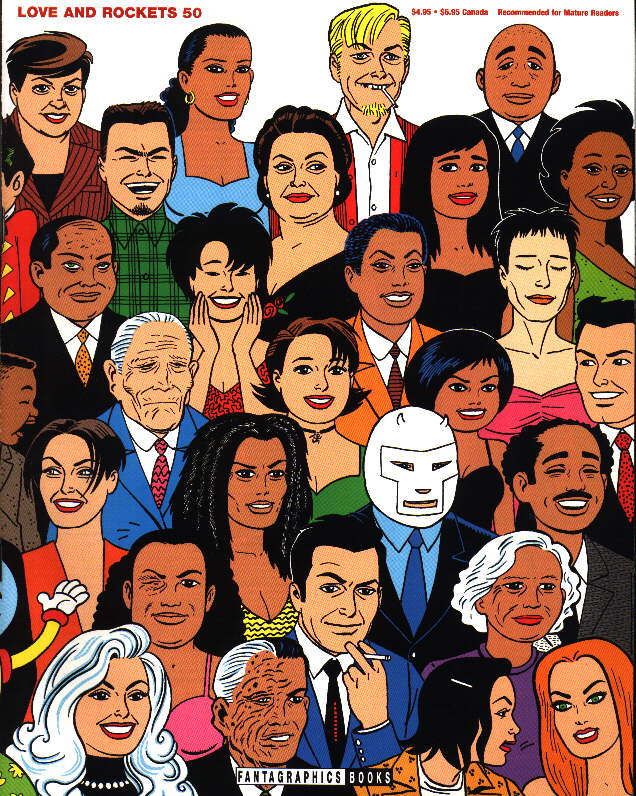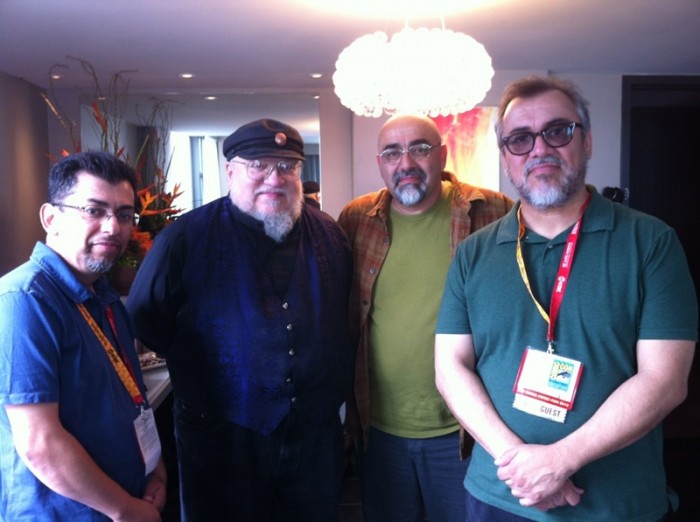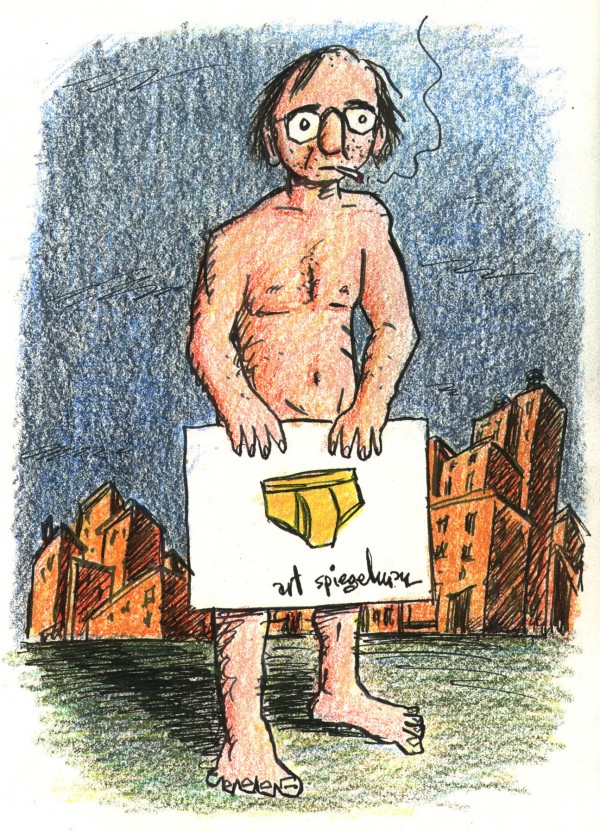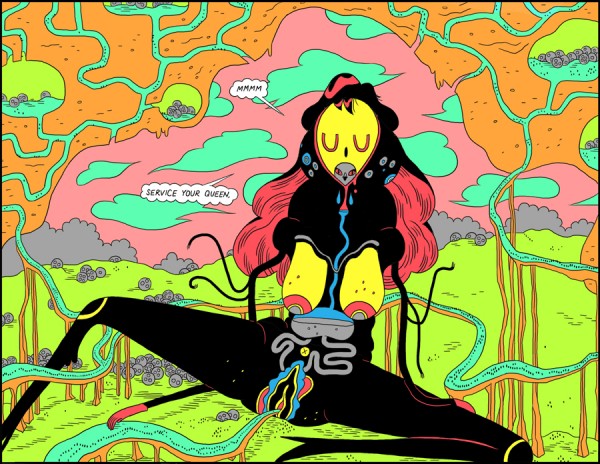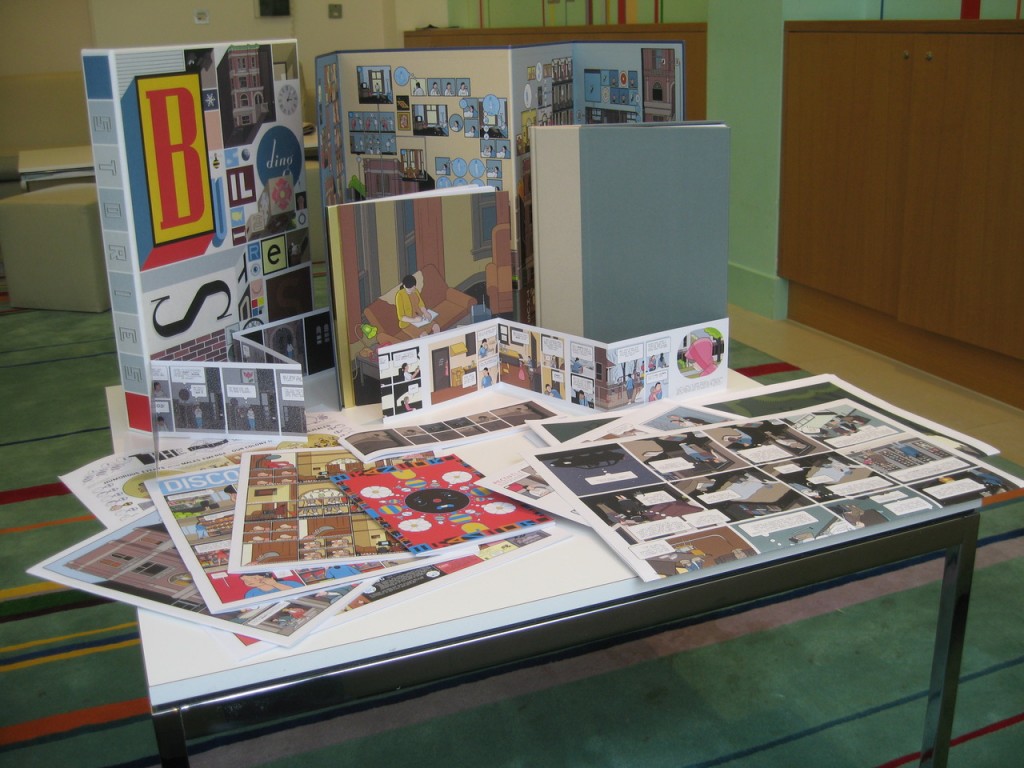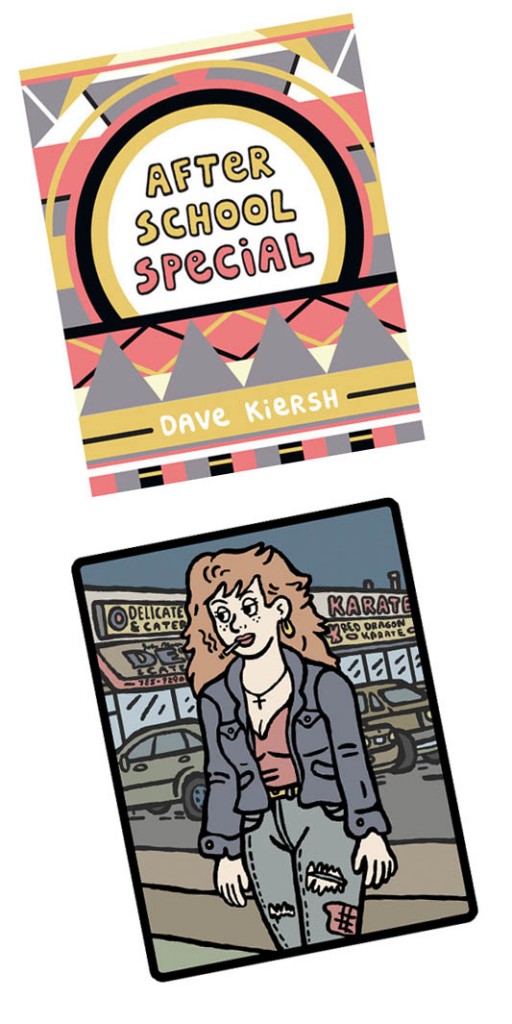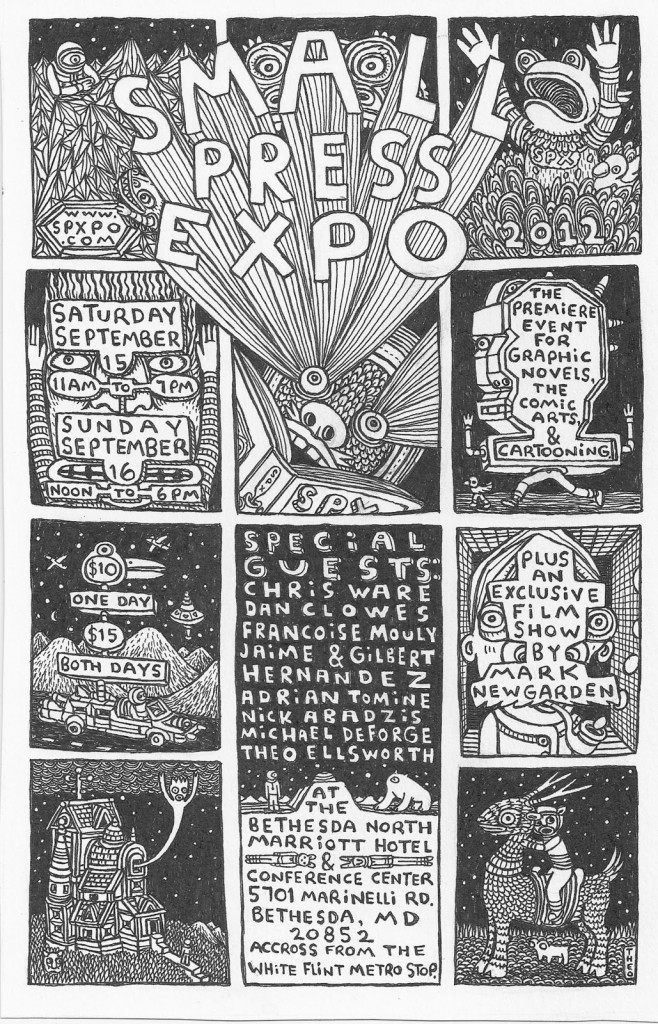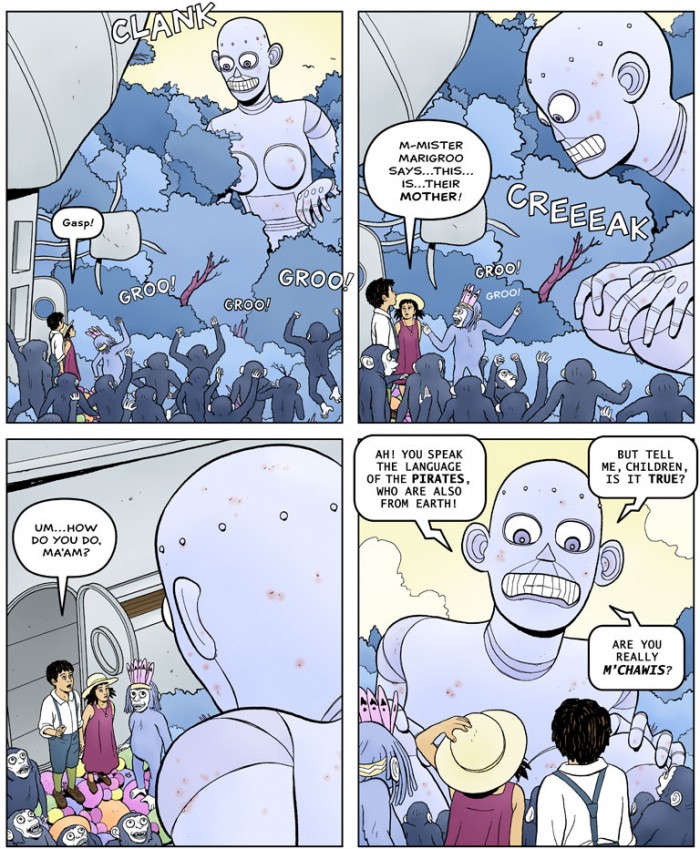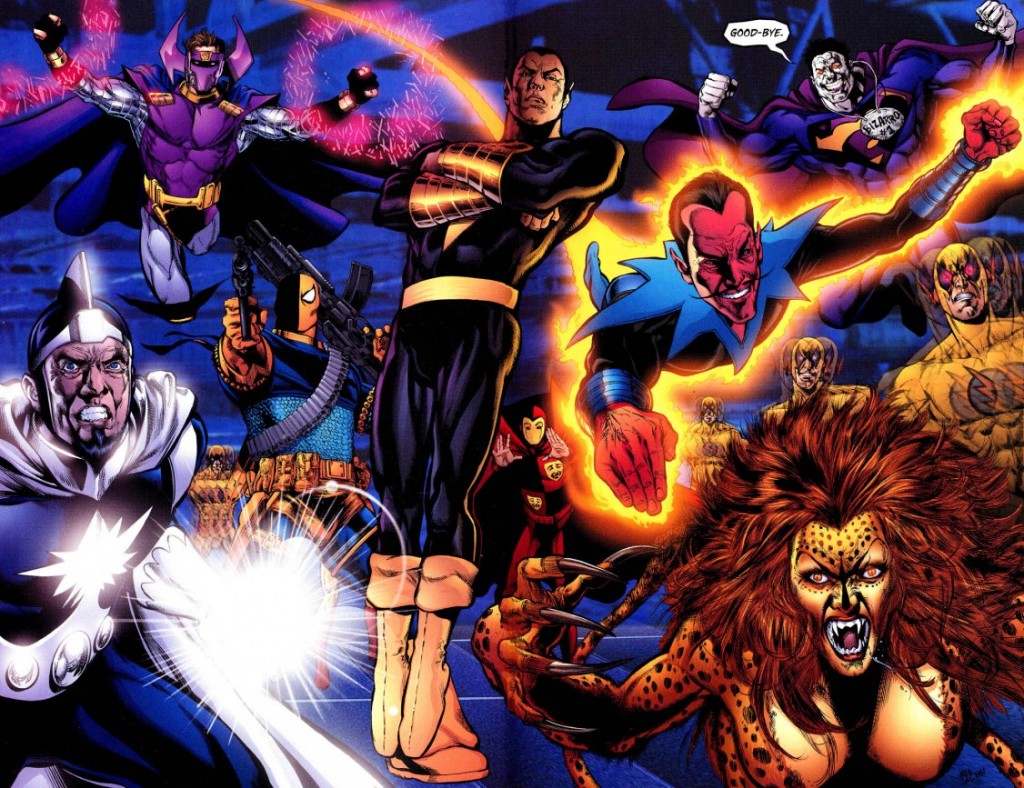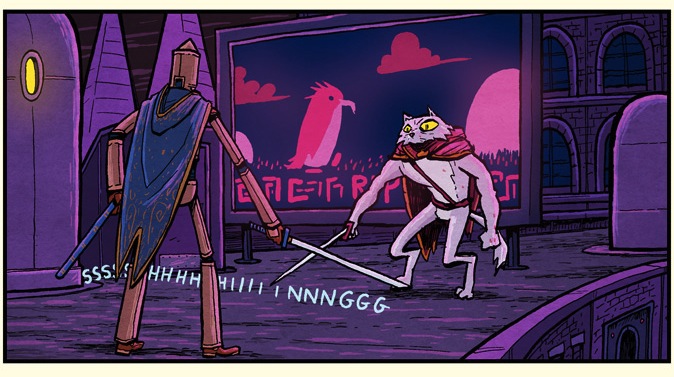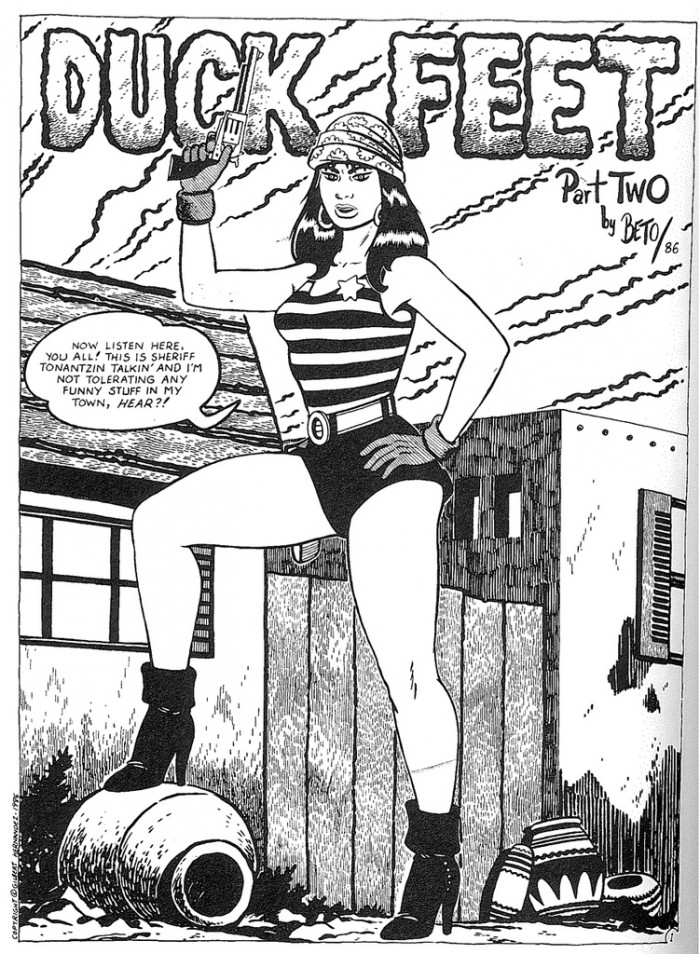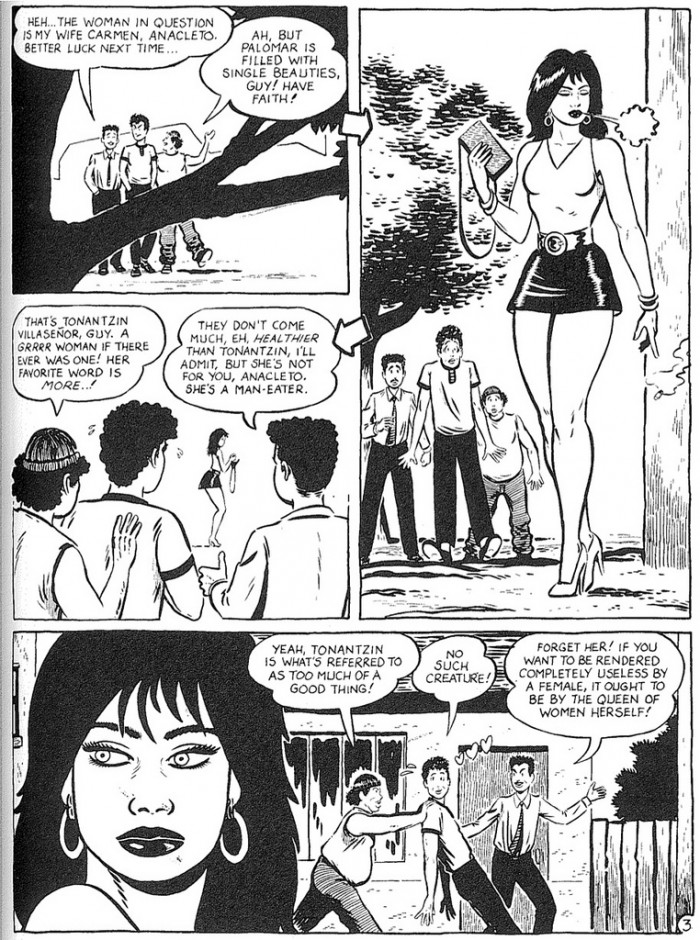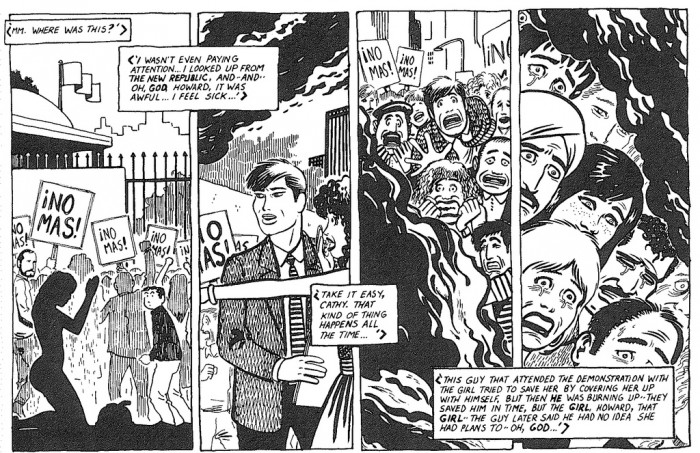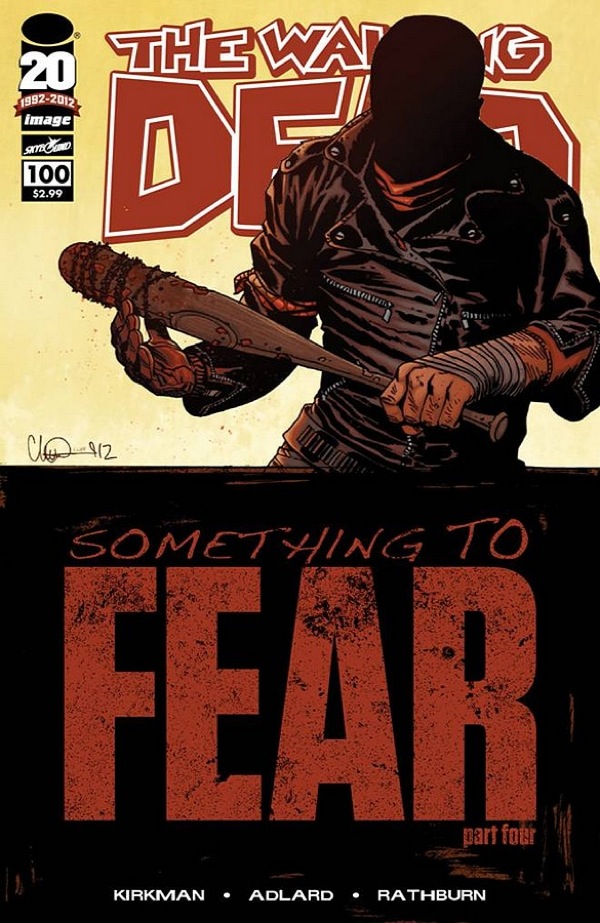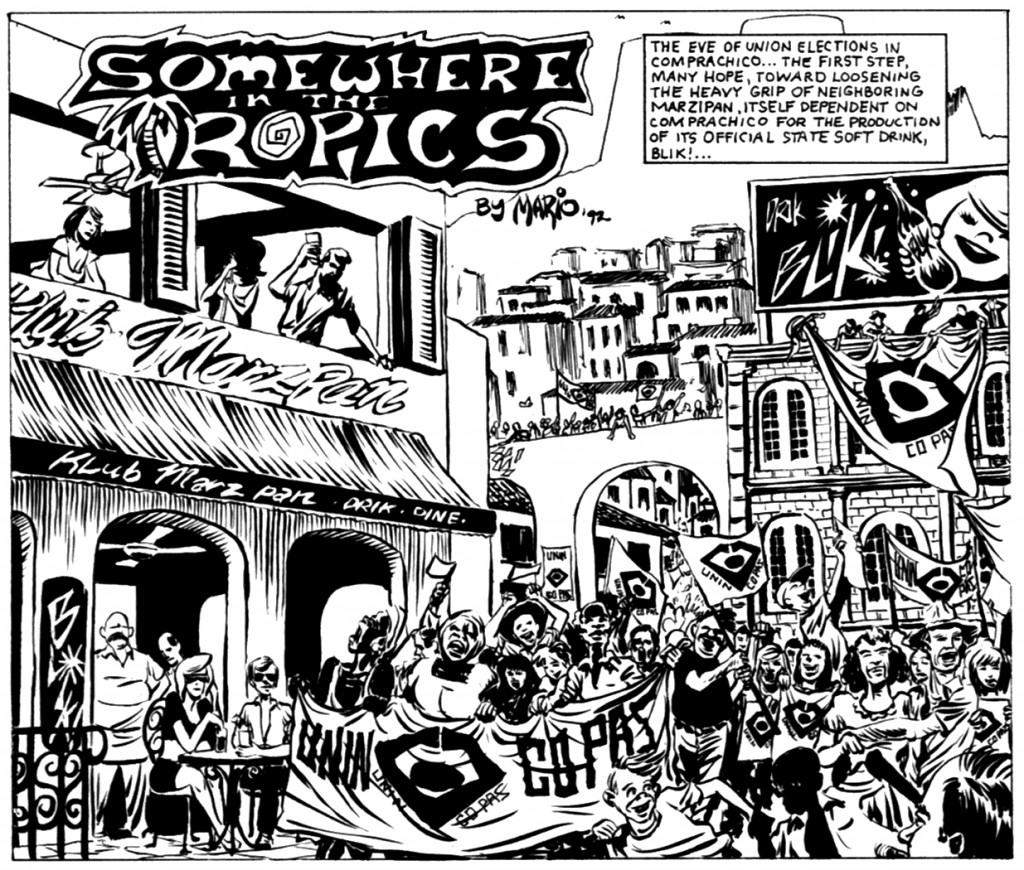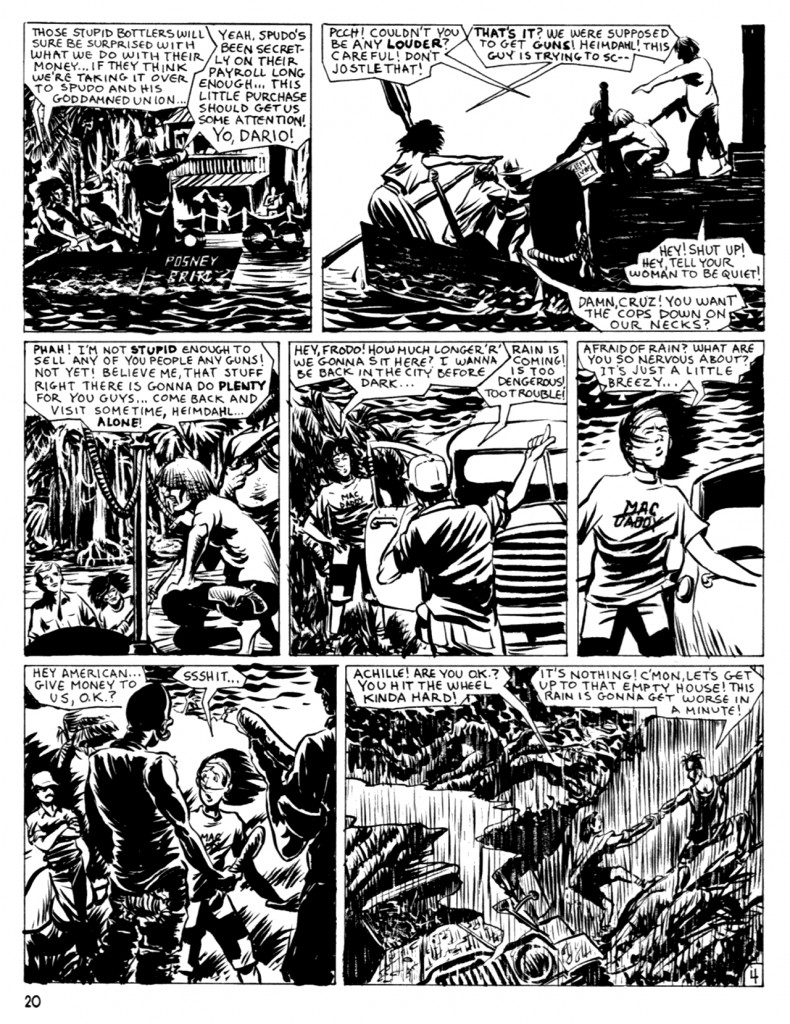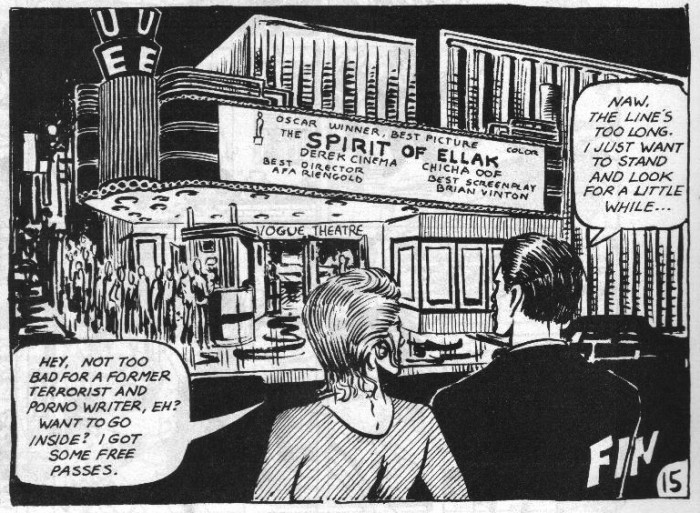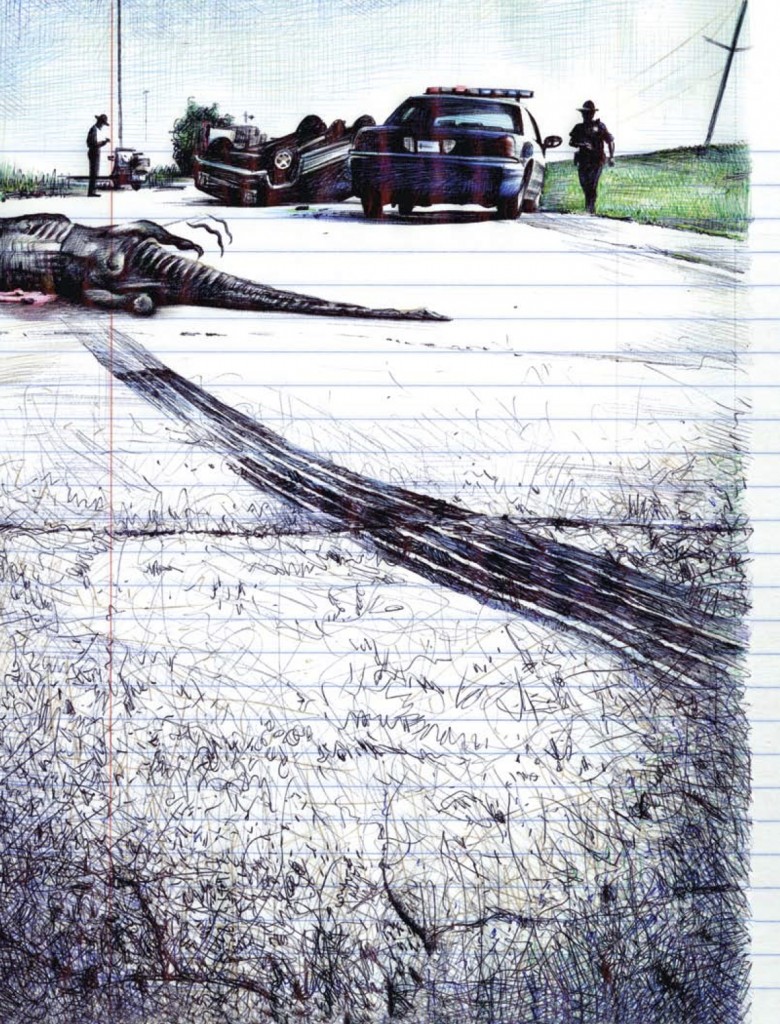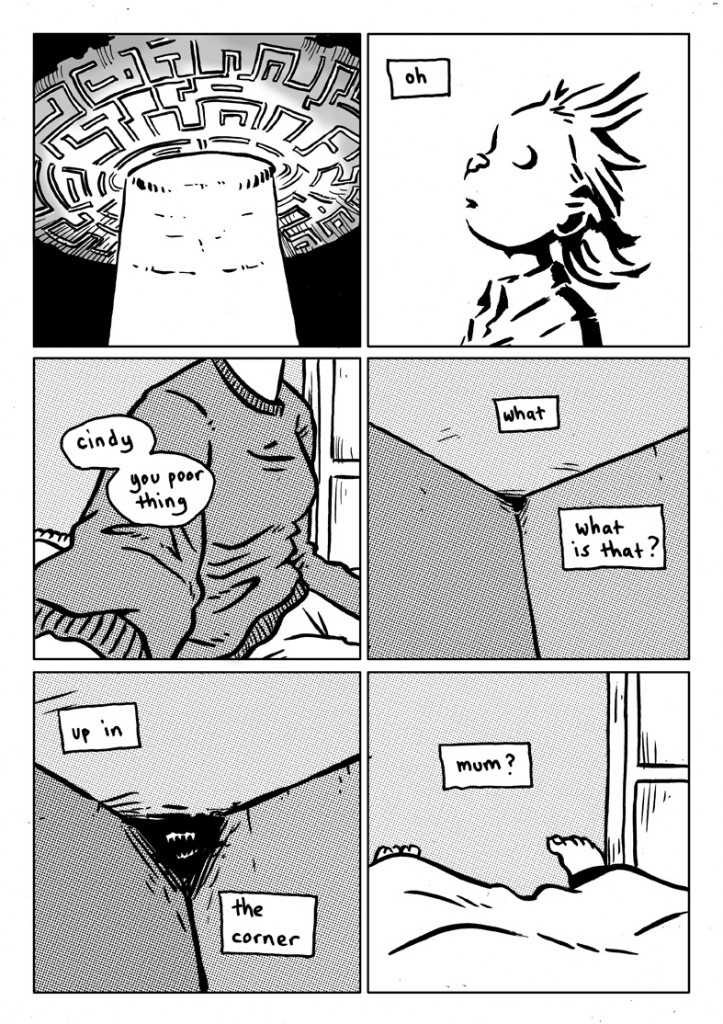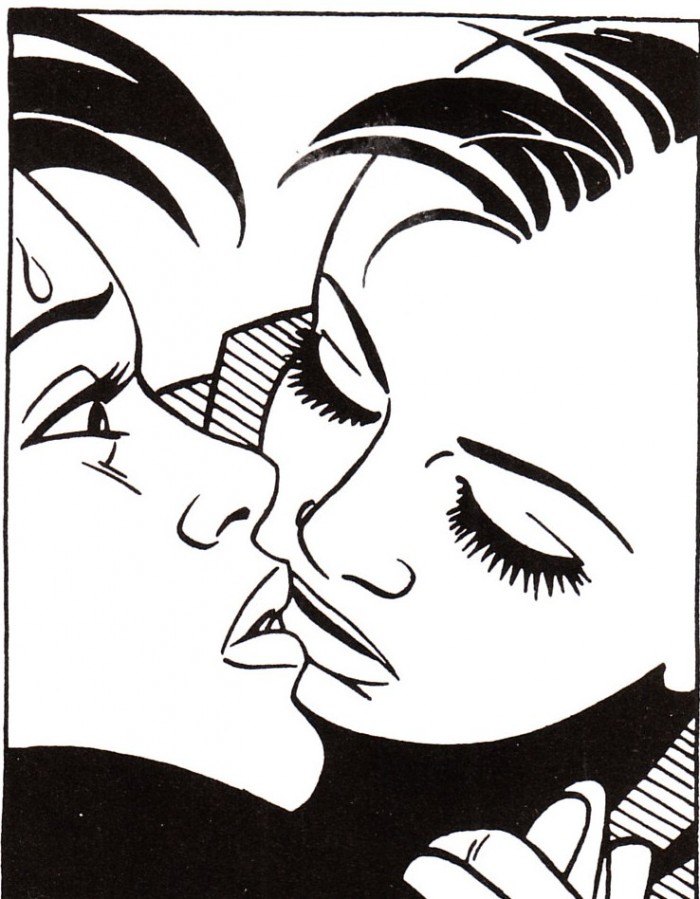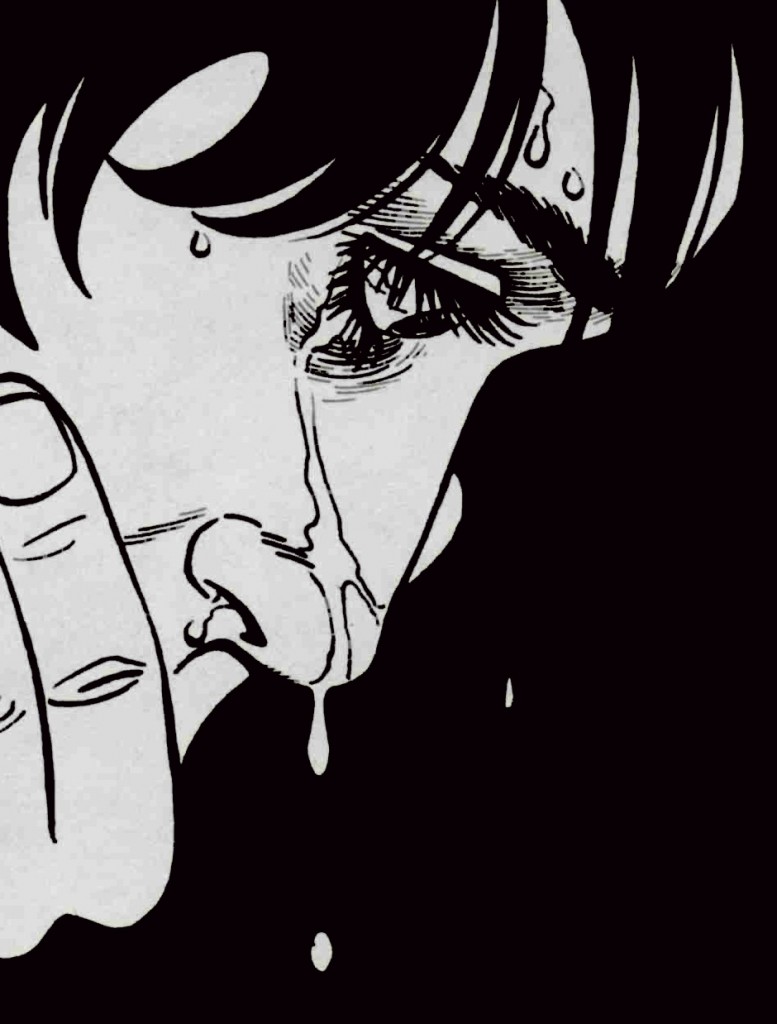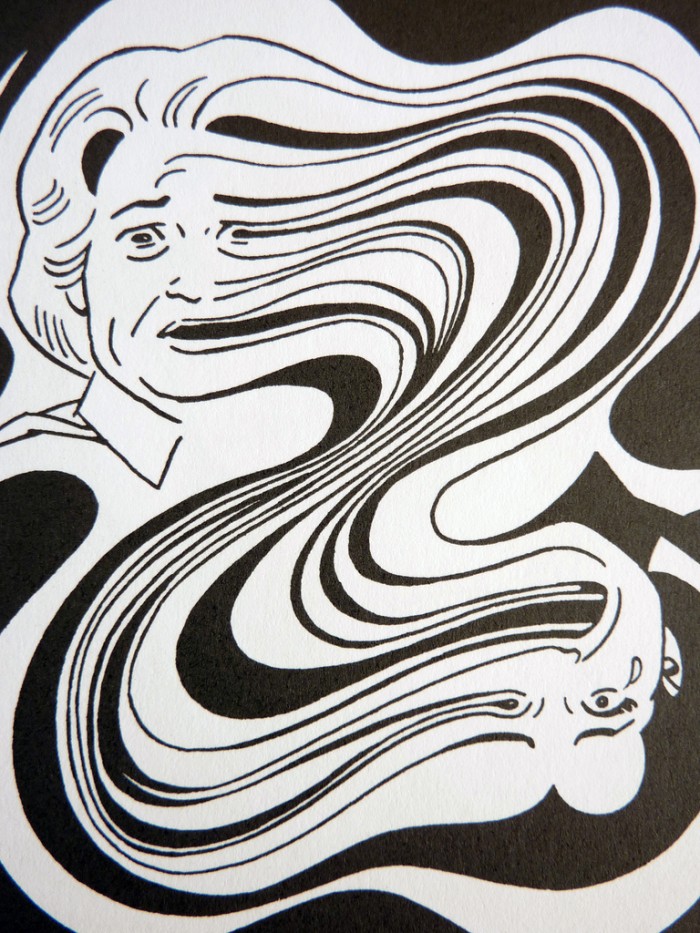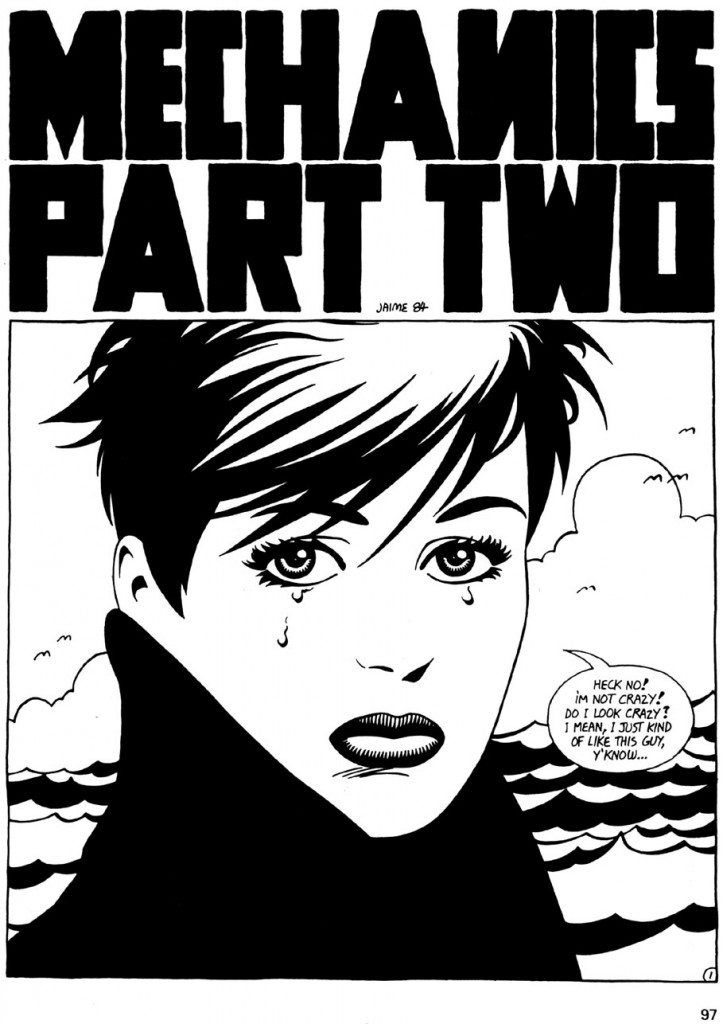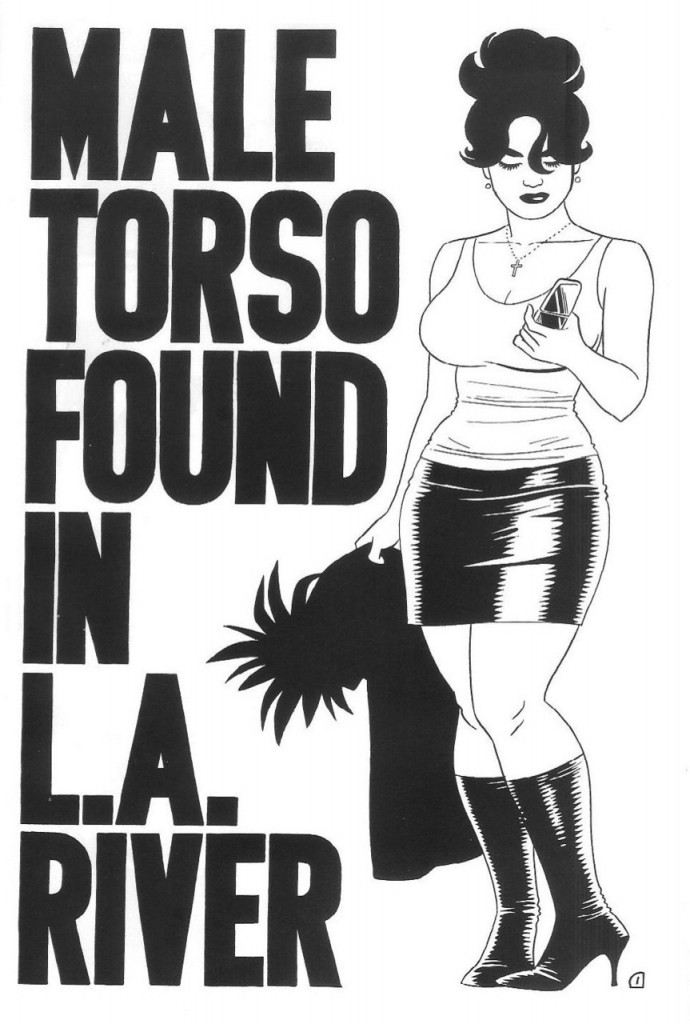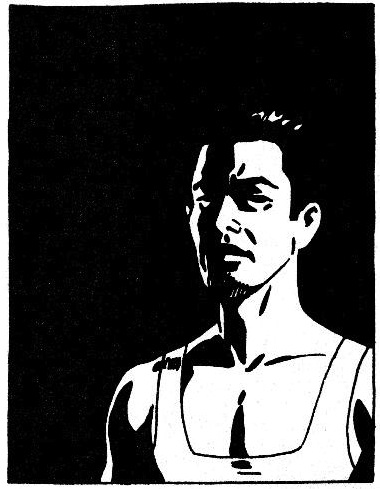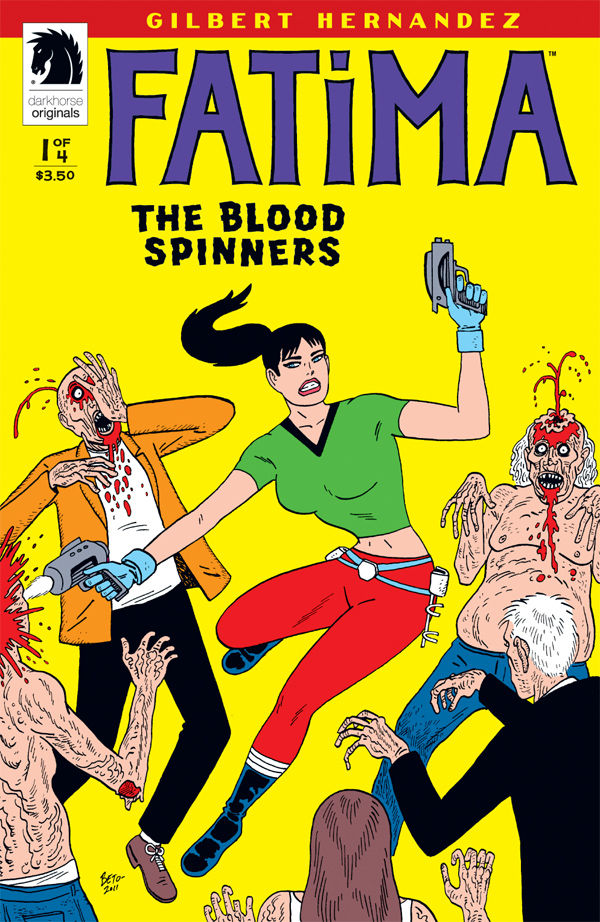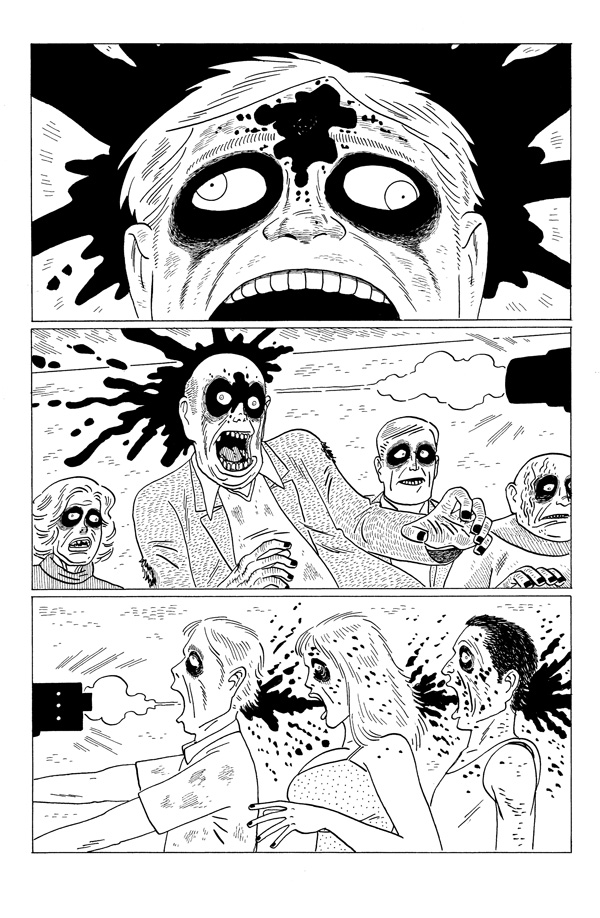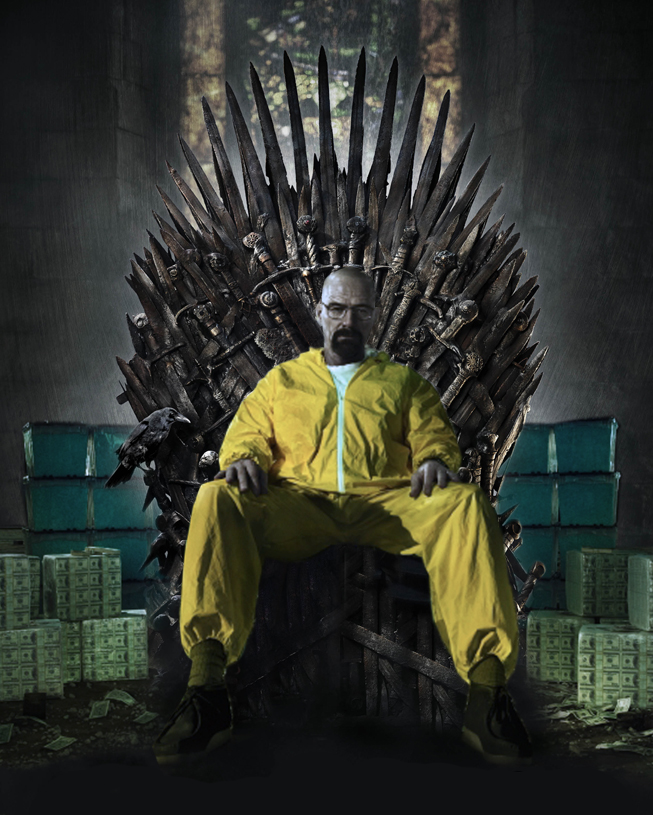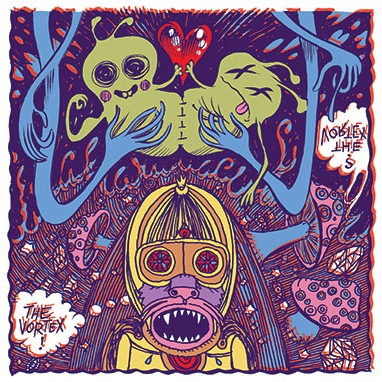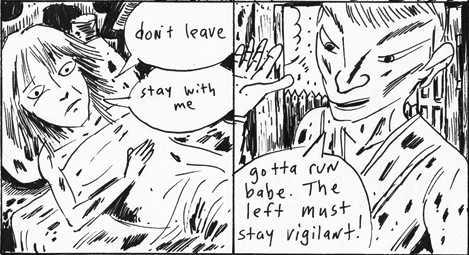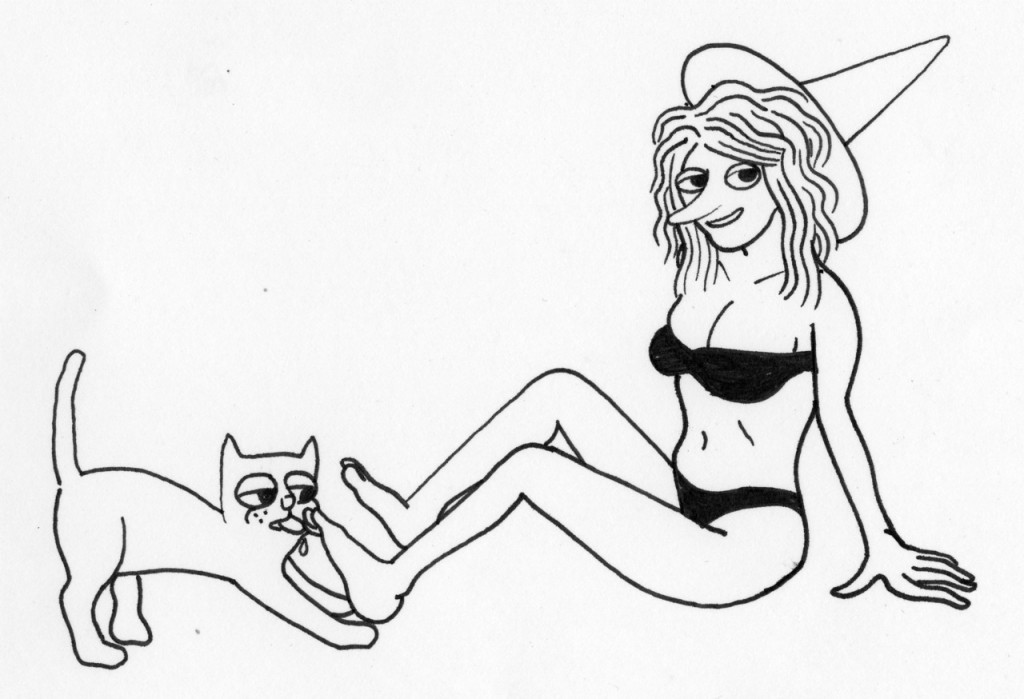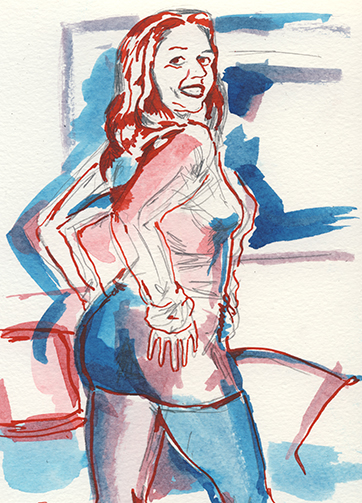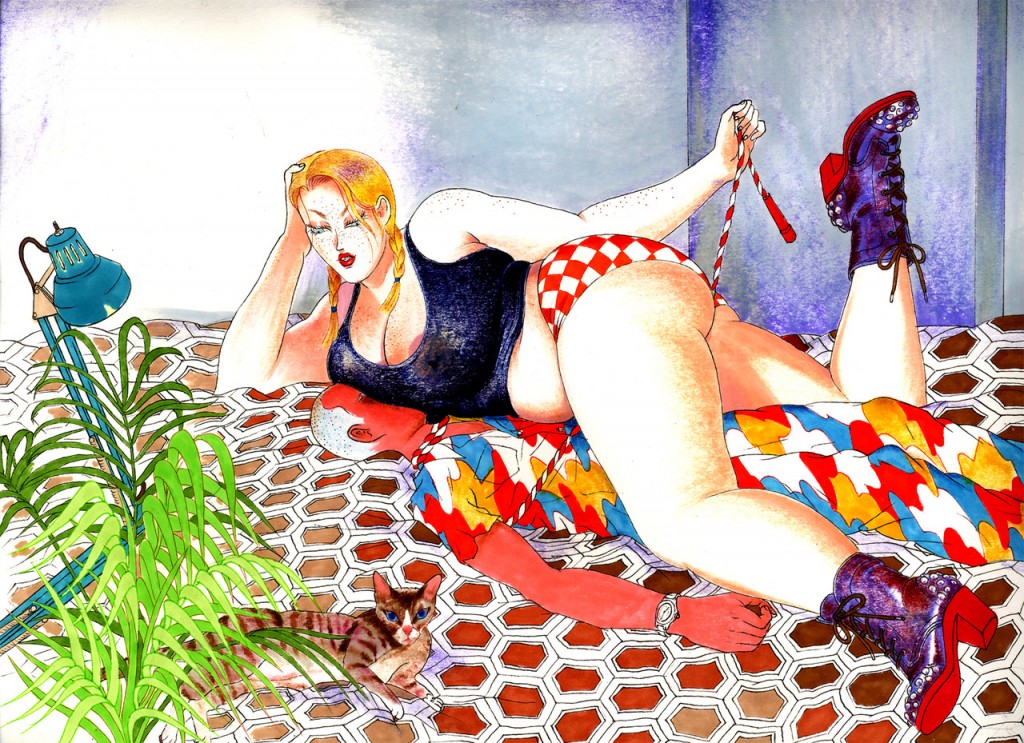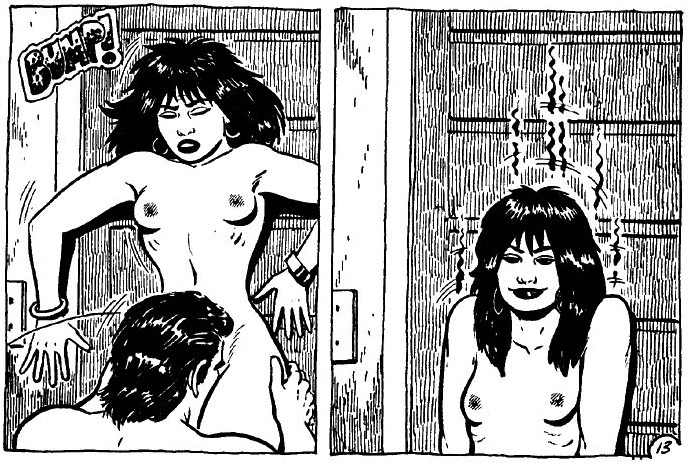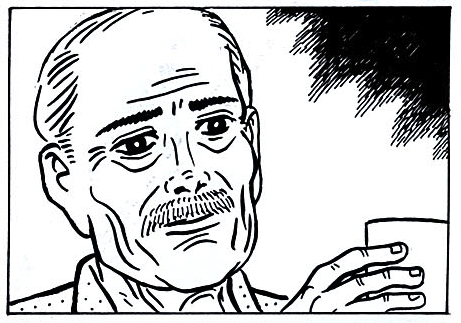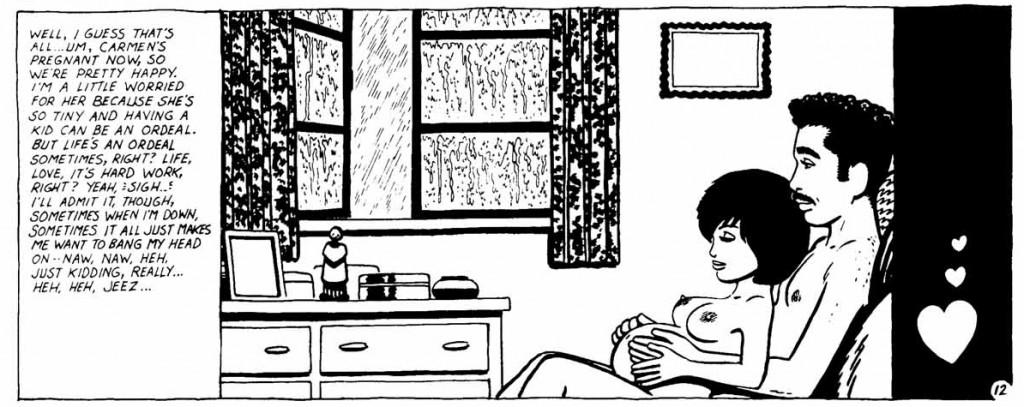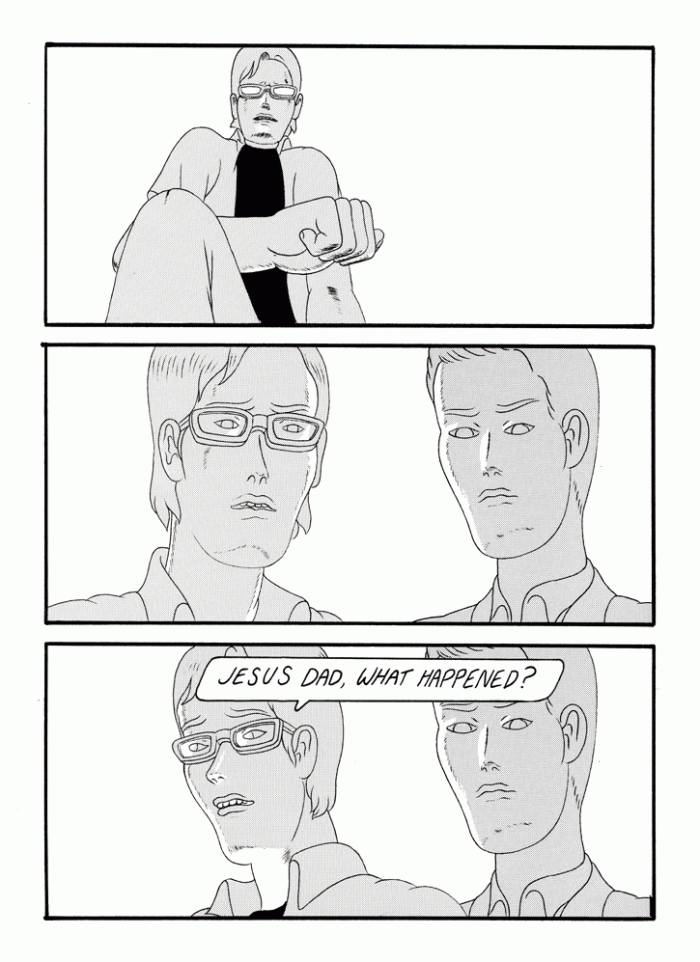It looks like I’ll be on WLNY TV’s morning show here in the NYC area (channel 10/55–it’s now a CBS affiliate) tomorrow morning, sometime between 7:15-8am, to talk about The Dark Knight Rises. I’ll be using MY BANE VOICE!
The Dark Knight Rises thoughts
SPOILER ALERT in the basic tonal, “what did I think of it,” “I liked this storyline and that character” kind of way. I’m not blowing any secrets or anything.
My favorite thing about The Dark Knight Rises was Bane’s voice. That’s not a joke. It’s not a backhanded compliment, given that TDKR is my favorite of the three Christopher Nolan Batman movies. (Not the highest bar to clear, admittedly, but still.) No, Bane’s voice is legitimately wonderful. Theatrical, grandiose, mocking, filled with evil good cheer, ending every sentence on AN UP NOTE! As a friend of mine put it, since Tom Hardy’s mouth is obscure for the duration of the film by Bane’s mouthpiece mask, it’s entirely possible all his dialogue was ADR’d by Brian Blessed. It’s an over-the-top supervillainish delight from start to finish. I’m going to start using it EVERY DAY! I’m going to order VEGETARIAN BURRITOS THIS WAY!
Take this flash of joyous weirdness as a sign that in The Dark Knight Rises, Christopher Nolan has almost entirely jettisoned the flaws that marred, well, every other Christopher Nolan movie I’ve seen. There are no massive, gaping holes in the plot: The doomsday weapon makes sense, the tasks each player takes up on the road to the climax make sense, the reasons people are or aren’t able to do certain things throughout the course of the film make sense. The character motivations are rock solid as well: For once, Batman’s professed goals and his methods line up, the more superfluous elements of the villain’s plan are adequately explained and justified, and you’re never once required to swallow outrageous out-of-character behavior by anyone in service of the needs of the story. Nor are you ever suddenly required to invest a ton of your dramatic interest into someone you actually don’t care about — no random MTA employees narrating the path of the doomsday device, no boatfuls of commuters and criminals upon whom the climax rests, no making us pretend to think Harvey Dent is the second coming of Jesus Christ. Best of all, the tedious, dorm-room-bullshit-session dueling speeches about morality and the nature of heroism are gone. The villains are motivated by fanaticism and, even better for a superhero vs. supervillain story, straight-up revenge. The heroes are heroes because they try to stop people from murdering other people. There’s no need to gussy it up any further than that.
Everyone looks and sounds great, too. Bane especially: Tom Hardy is a gorilla, he’s got a fabulous winter coat, and jesus I really couldn’t oversell that voice if I tried. Christian Bale looks like he’s been running a 101-degree fever for five years. Anne Hathaway looks like the perfected T-1000 to the Kristen Stewart/Krysten Ritter prototype models, and her Catwoman’s wit, competence, and mission-to-mission, fight-to-fight success ratio make her basically the Batman you kinda wish you’d had throughout the whole series. Joseph Gordon-Levitt’s weirdly-prominent-but-okay-I’ll-roll-with-it young cop is just so handsome in his dress blues and detective suit I could die. I love the way Gary Oldman wears that mustache. There’s funny cameo after funny cameo, including two that brought down the house (one unintentionally, I think); my favorite was Officer Jack Bass.
Would you believe there’s inventively, coherently staged action, too? The opening sequence involving an airplane was astonishingly loud and intense, the kind of thing that will send too-young children bawling and screaming from the theater, but it’s perfect if you’re the kind of adult who’d kind of like to see what powerful, well-trained human monsters would do in a crazily dangerous environment like that. There’s a brief Batman attack seen from the POV of his victim that made me laugh out loud, it was such a good idea. As I said, Catwoman’s fights are some Bourne-level shit. The terrorist attacks are Stockhausen-style works of death-art. All of the car/motorcycle/etc. chases are vastly more spatially coherent than the truck sequence from The Dark Knight, and therefore gripping enough that they don’t require the presence of Heath Ledger and a bazooka to get over.
Do I have quibbles? Oh boy, do I. It remains really bizarre how little agency Batman has vs. the other heroic characters—it’s his name on the building, after all. We’ve never really gotten the sense that he’s actually unusually good at any given aspect of his job; we see lots of people who are better at each of them (detective work, fighting, technology, inspiring people, etc.) While it’s reductive and mistaken to look at Bane as an anti-Occupy allegory — his populist rhetoric is a transparent, acknowledge sham, and more than that it’s a mixture of Occupy anti-1% stuff and Dubya Bush “not conquerors but liberators” schtick — it’s still the case that, in the wake of how American law enforcement violently cracked down on Occupy from coast to coast, there’s something preposterously reactionary about scenes where an army of fully armed policemen charge screaming and guns-blazing into a crowd of civilians, and this is presented as heroic. Even when we “know” on an intellectual level that the civilians are almost all Bane goons and freed gangsters, it’s the image that matters. (That’s to say nothing of the way the film presents a working-class revolution going straight to looting and kangaroo courts, do not pass go, do not collect $200.) The shift in quality between IMAX and non-IMAX scenes was distracting at times, though Nolan’s genuinely gorgeous and immersive cityscape shots — one after another after another — were worth it. Hans Zimmer simultaneously overscored and underscored the thing, his melody-free horns and strings a constant, blaring mosquito buzz in the ear. There were two boy-soprano music cues too many.
But nothing made me roll my eyes or want to leave, which is more than I can say, again, for any other Christopher Nolan movie I’ve seen. It was solid, (can’t believe I’m about to say this) unpretentious fun. I was entertained for the entire two hours and forty minutes. BANE VOICE!
Comics Time: Batman: Earth One
Geoff Johns, writer
Gary Frank, artist
DC, July 2012
144 pages, hardcover
$22.99
Buy it from Amazon.com
For today’s Comics Time review, please visit The Comics Journal.
Carnival of souls: Special “San Diego Days 4&5” edition
* Here’s a link to all of my #losbros30 posts in honor of Love and Rockets‘ 30th Anniversary. I had a lot of fun with these, and I think I got at elements of the series I hadn’t suitably tackled in the past; I could probably do a full month’s worth of them.
* Related: Chris Mautner on six of his favorite moments from Love and Rockets. I’m a huge fan of those first four. The demon dog is a real sleeper, and the Ofelia sequence…that’s a towering achievement, that one.
* Actual Love and Rockets news: Love and Rockets: New Stories is the inaugural title in Fantagraphics’ digital distribution deal with monopoly digital comics whatchamacallit comiXology. I had a conversation with a friend over lunch about how much he wanted digital Love and Rockets literally hours before this announcement was made, and I don’t guess he’s at all alone.
* That announcement was made by Tom Spurgeon, who just kept breaking major alternative comics publishing news left and right all show long. He rounded things out with a pair of PictureBox projects: So Long, Silver Screen by Blutch, the acclaimed and influential French cartoonist’s North American debut, designed by David Mazzucchelli; and The Passion of Gengoroh Tagame, the first English-language collection by Japanese gay bondage erotica cartoonist Gengoroh Tagame (whom you may remember as one of my co-contributors in Thickness #3; you definitely remember him if you’ve read the book), created with the help of an array of big names — designed by Tagame megafan Chip Kidd, produced and translated by Anne Ishii, with an introduction by Edmund White. For a publisher who wasn’t even at San Diego, PictureBox sure dominated the news.
* Be sure not to miss Spurge’s Friday, Saturday, and Sunday floor reports, too. He paints an interesting if unfinished picture of how the need to secure your trip to Comic-Con months in advance may have done away with a kind of attendee-customer who’s bigger on generalized enthusiasm for the art form and cash to spend on it than she is on the kind of specific fannish zeal of which the show is now the exclusive province.
* All of these people were better at comics than Jaime Hernandez last year, apparently. Seriously though, congratulations to my friend Tom for his well-deserved Eisner Award win, and to comics as a whole for voting hugely important archivist, editor, and historian Bill Blackbeard into the Hall of Fame.
* Robert Kirkman and Charlie Adlard’s The Walking Dead #100 is the bestselling comic in seventeen years, apparently. By that one means that it’s the best-initially-ordered-by-retailers comic in seventeen years. Caveats galore for interpreting this as a victory for original work owned by its creators — there was a massive variant-cover gimmick, there’s the TV bump, Kirkman’s facing a lawsuit from the book’s original artist Tony Moore, Kirkman now runs a work-for-hire shop of his own, etc etc — but it’s not not a victory for such things, I don’t think. It’s certainly a victory for Kim Thompson’s “More Crap Is What We Need” theory, and I’m not saying that pejoratively.
* Peter Jackson is making it sound like he may make a third film out of the Hobbit-adjacent material from the Lord of the Rings appendices, with which he already fleshed The Hobbit out from one movie to two. I totally understand and enjoy the initial doubling of the project, since it’s mostly just going to show us the stuff that one of the main characters of the story, Gandalf, is off doing when he’s not with the other main characters. But to come up with a whole third film independent of The Hobbit proper’s narrative framework…I don’t know, at that point you’re writing fanfic, basically, even if it’s fanfic based on canonical sources.
* In other news…
* I missed this for some reason, and shame on me: The End of the Fucking World cartoonist Chuck Forsman has launched a subscription service for his Oily Comics imprint, whereby a $30 or $50 subscription will get you either three or six months’ work of minicomics from a lineup including Forsman, Melissa Mendes, Max De Radigués, Jessica Campbell, Dane E. Martin, Andy Burkholder, Aaron Cockle, and probably more by the sound of it — on the order of a comic or more per week. That’s a terrific deal if you really like these artists and can take a flyer on sight-unseen minis. Forsman talks a bit about the initial line-up over at The Comics Journal — it’s cool to see Drawn and Quarterly PR stalwart Jessica Campbell releasing comics of her own, for example, and Andy Burkholder is a real talent.
* Wow, this is the platonic ideal of a cover for Ron Régé Jr.’s The Cartoon Utopia from Fantagraphics.

* An extra-long, extra-NSFW Uno Moralez image/gif gallery. This is a very good one.

* Taste the rainbow with Jonny Negron.

* Michael DeForge’s Ant Comic — do I have to get used to calling it Ant Colony now? — is terrific.
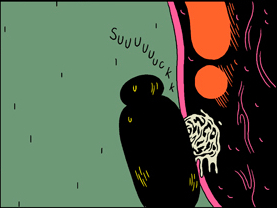
* Here’s a tight, thoughtful piece by the Comics Grid’s Jonathan Evans on how translation is depicted in Guy Delisle’s travelogue Shenzhen.
Your Love and Rockets 30th Anniversary thought of the day
Gilbert and Jaime are both masters of the form of comics. That’s in addition to their character work, their sheer illustrative chops, and so on; indeed it may be the most exciting thing about them. In the case of both brothers I’ve spent a long time chewing over just a few handfuls of panels, unpacking what went into them. Here’s Gilbert’s silent, six-panel comic “Heroin,” one of three one-page shorts he made with that title. It’s just a man against one of Beto’s soon-to-be-trademark dismal nowherescapes, clutching his arm, doubling over, standing back up, hunching over again. We don’t know who he is or where he is or what he’s doing or what its connection is, specifically, to the titular substance — he could be a junkie on the nod, sure, but then why is he also Richard Nixon (or maybe it’s Bob Hope)? Whether it’s about the drug specifically or addictive, destructive influences generally (as are the other two “Heroin” strips) doesn’t really matter, since the effect stems almost entirely from the building blocks of the comic itself: the man, the background, the grid layout, the lack of any text save the title, the rhythm that builds up as we watch his body contort, the three big blocks of black in each panel (trees, man, buildings), the hands pointing in opposite directions, the diagonal hill line bisecting each panel. Every element combines to convey discomfort and unease, the sense of being at the mercy of something that lets you straighten out just long enough for it to be crushing when it knocks you back down. Long before I’d actually read any comics by Los Bros I saw this page reproduced in an issue of The Comics Journal and it has worked its way into the fabric of my comics brain ever since. It occurred to me just the other day that I’ve even done a homage to it without realizing it. I think it’s a perfect comic.
And here’s two panels from “In the Valley of the Polar Bears” by Jaime. Maggie’s been working as the kayfabe “accountant” for her wrestling-champ aunt Vicki, something of a terror in and out of the ring, but the two are barely speaking. Vicki has just confided in her wrestler boyfriend Cash that the reason she’s been treating Maggie so badly is because she cares about her a lot and is hurt by Maggie’s seeming indifference in return. So here, Cash approaches Maggie to tell her about her aunt’s secret soft spot — and then blam, next panel, it’s already been told. Jaime doesn’t show us the conversation. He doesn’t slap a big “Five minutes later…” caption up there. He doesn’t alter the size of the panels or the gutters to imply the passage of time. He doesn’t cut to another scene in between. He doesn’t show Maggie and Cash in another location so that we’d know time must have passed for them to get from place to place. He zooms in a bit but other than that they’re even in the same basic spatial configuration. He pretty much breaks every rule of how jumps in time are conveyed in comics, and yet it’s still crystal clear what happened. Talk about no-fat storytelling. Why belabor the re-presentation of information we readers already have? And why monkey with shit to explain what you’re not showing us when you can simply not show it to us and assume we’re smart enough to follow? These two panels are so bold, so full of lessons in how to tell a story with comics. I think about them all the time.
Love and Rockets, the great serial comic by Gilbert, Jaime, and sometimes Mario Hernandez, is celebrating its 30th anniversary at the San Diego Comic-Con International this week. Inspired by Tom Spurgeon, this week-long, daily series of posts will highlight some of my favorite things about Los Bros Hernandez and their comics. For more information, click here.
“Breaking Bad” thoughts, Season Five, Episode One: “Live Free or Die”
For my review of the season premiere of Breaking Bad, please visit Rolling Stone. I’m as happy with this as I’ve been with anything I wrote for RS; I got a chance to say some stuff about the show overall that I’d been thinking about for a while. Hope you dig it.
Your Love and Rockets 30th Anniversary thought of the day
Gilbert and Jaime Hernandez have each been telling the stories of the same group of characters, continuously, for three decades. They’ve done lots of other stuff, Gilbert especially, but that’s the bulk of what they’ve done. No one else in comics has done it. No one’s even come close. Could someone else do it? Could someone else tell the life story of their characters, over an actual life span, and have a lot of people care passionately about where those lives end up? I won’t say it’s unimaginable, the idea of someone else doing it, because there are enough similar cases out there for you to imagine those other people doing it, and it’s only then that the gulf between Los Bros and everyone else becomes so clear. What if Bryan Lee O’Malley just kept going with Scott Pilgrim until he hit Vol. 30? What if Dave Sim had never lost his mind? What if all the B.P.R.D. spinoffs were written and drawn by Mike Mignola? What if Achewood were a comic book and Chris Onstad never burned out on it? What if Erik Larsen’s main touchstone for Savage Dragon were Márquez rather than Kirby? What if The Walking Dead were filled with Rick-level characters, instead of Rick and a bunch of other people for Rick to react to? What if Alison Bechdel made a series of Dykes to Watch Out For graphic novels instead of memoirs? What if Harvey Pekar had made stories up instead of writing them down? What if all of these things lasted for thirty years? And oh yeah, what if all of these people had siblings doing the exact same thing at the same time under the same title? It’s only when you see all the hoops one would have to jump through even to come close to what Beto and Xaime have accomplished that you really appreciate that hey, they’re the ones who built the hoops.
Love and Rockets, the great serial comic by Gilbert, Jaime, and sometimes Mario Hernandez, is celebrating its 30th anniversary at the San Diego Comic-Con International this week. Inspired by Tom Spurgeon, this week-long, daily series of posts will highlight some of my favorite things about Los Bros Hernandez and their comics. For more information, click here.
Carnival of souls: Special “San Diego Day 2&3” edition
* Today in and around the San Diego Comic-Con International:
* Your absolute A-#1 top story of the day, the show, the year: It’s a picture of George R.R. Martin and Los Bros Hernandez. Their beards are full of MAGIC. I love these wonderful men. (Via Fantagraphics, who clearly took this picture just for me.)
* Tom Spurgeon breaks two major announcements from Drawn and Quarterly: They’ll be publishing Art Spiegelman’s latest odds’n’sods collection Co-Mix, and collecting Michael DeForge’s webcomic Ant Comic as Ant Colony. Spiegelman is justifiably legendary and insight into his process is always welcome; DeForge is the best cartoonist of his generation and Ant Comic is one of the two or three best things he’s ever done.
* Neil Gaiman and J.H. Williams III are doing a prequel to Gaiman’s beloved series The Sandman for DC/Vertigo. I’m reporting this as news rather than as “hey I’m looking forward to this” since Sandman’s not really my thing. It’s newsworthy for a couple of reasons, I think: 1) This is going to be an absolutely colossal bestseller, I’m guessing the bestselling comic in a decade or more; 2) I’m surprised Gaiman’s doing it in light of the Before Watchmen situation, since he’s been an outspoken creators’ rights advocate for years and has (I think) a relationship with Alan Moore. That makes him returning to the company in such a big way seem much more like a tacit endorsement than does the work of most DC employees and freelancers who aren’t directly involved in the project, I think (myself included).
* Tom Spurgeon’s daily floor reports are thus far as thorough on a day-to-day basis as many are for the entire show, a mix of anecdote, opinion, temperature-of-the-room stuff, and actual news and reporting. Here’s Preview Night; here’s Thursday. Of greatest interest to me: Josh Cotter isn’t doing comics for now; Douglas Wolk isn’t writing for ComicsAlliance for now; Gary Groth liked Joe Lambert’s excellent Annie Sullivan and the Trials of Helen Keller.
* Derf Backderf’s My Friend Dahmer is headed for the big screen. Still haven’t read it. Shameful.
* Frank Santoro has a limited edition book on the way from PictureBox called Pompeii, a “straightforward comic book narrative, chornicling the lfie of two artists in the doomed city.” I like the sound of that.
* I defy you to find a more loathsome way to talk about making comic books or any kind of art whatsoever. This one’s a news story as well, in that Image Comics publisher Eric Stephenson has been so outspoken in his criticism of Before Watchmen while his new partner J. Michael Straczynski has been so outspoken in his defense of it.
* Finally, meet your new Game of Thrones castmembers, including Diana Rigg, aka Emma Peel, aka costar of The League of Extraordinary Gentlemen Vol. III: Century #3: 2009, as the Queen of Thorns.
* In other news…
* Jeeeeeeez, look at Chris Ware’s Building Stories. That’s no moon. That’s a space station.
* Dave Kiersh’s new book After School Special is out and available through Giant Robot! I’ll say it until everyone listens: Read Dave K. If we could get his work into the hands of the millenials there’s no telling what might happen.
* Theo Ellsworth is debuting his new book The Understanding Monster Book One at SPX. Also, it wasn’t until I saw this poster he designed for the show that I realized what a power-packed lineup that show has this year: Ware, Clowes, Mouly, Jaime, Beto, Tomine. And something new from me and a special collaborator, maybe?
* There’s something quietly unnerving about the way Breaking Bad actor-director Bryan Cranston refers to “Walt” and “Bryan” as separate entities in his excellent, insightful two-part interview with Alan Sepinwall. I say that not to diss him as some third-person phony but as a testament to the power of Walt. Of particular note in the interview are the sections where Cranston describes moments where his conception of the character and showrunner Vince Gilligan’s diverged, and what he’d learn from them.
* The A.V. Club’s Noel Murray gets a great interview out of Kevin Huizenga, perhaps the prickliest interview subject in altcomix. I’ll never not get a charge out of it when Huizenga describes his comic “The Sunset,” for my money the best short comic of all time, in precisely the terms I’d use to describe it myself.
* I haven’t been following Fantastic Life cartoonist Kevin Mutch’s webcomic Moon Prince except to admire it visually from time to time, but that’s because I suck at following webcomics, not because it doesn’t look crazy and beautiful, because it does:
* Beautiful work by Jordan Crane. His finished pages are so uncannily devoid of human error that it’s unusually interesting to see the artifacts of their construction. Michael DeForge and Ryan Sands should try to get a contribution out of him for the Thickness collection, by the way.
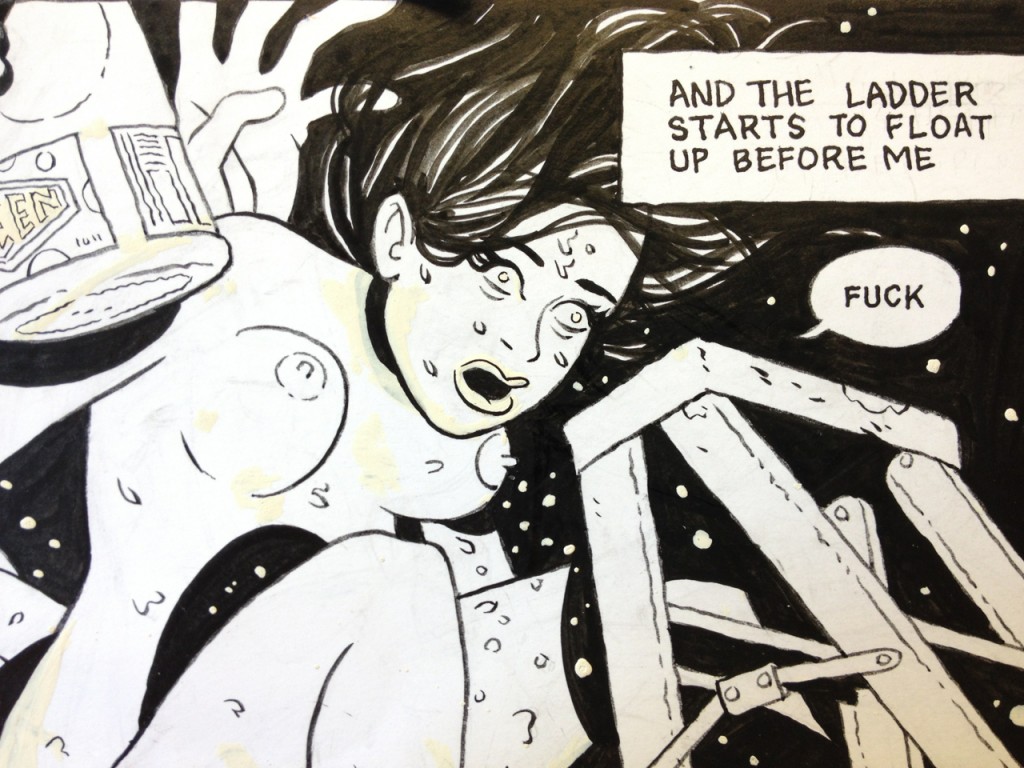
* Read an excerpt from Frank Santoro’s excellent graphic novel Storeyville and Crane’s webcomics portal What Things Do.

* At last: Jonny Negron turns his attention to MILFs.
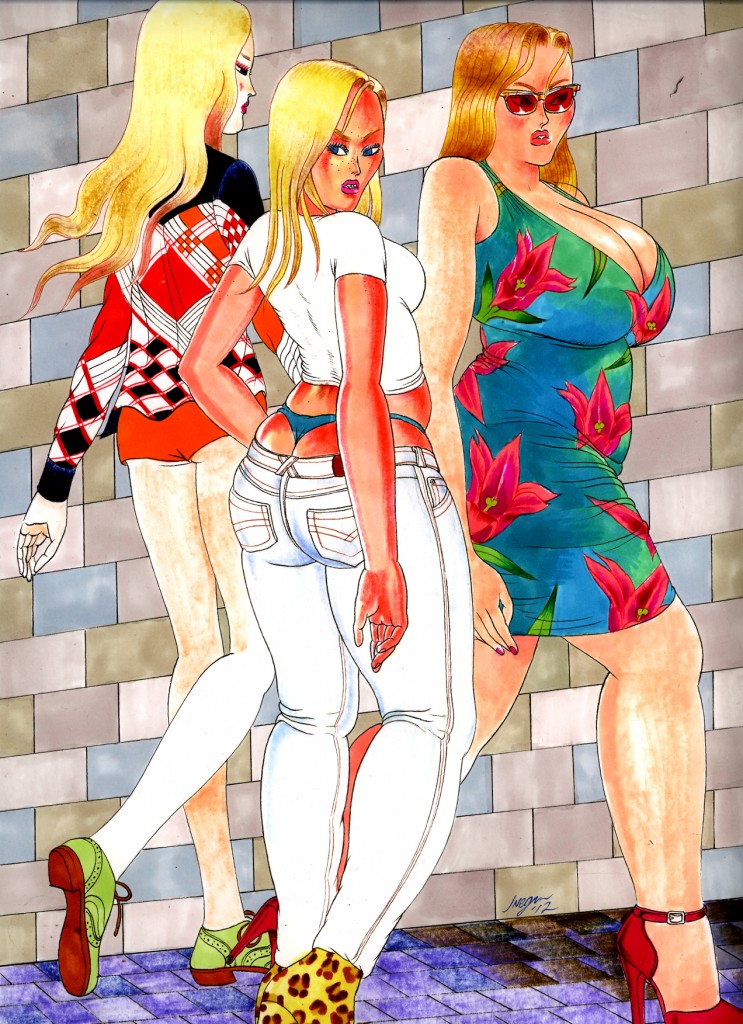
* It’s been a while since I linked to Monster Brains, and this sensuously sinister gallery of Carlos Schwabe art seemed like as good an excuse as any. Look at the eyes.
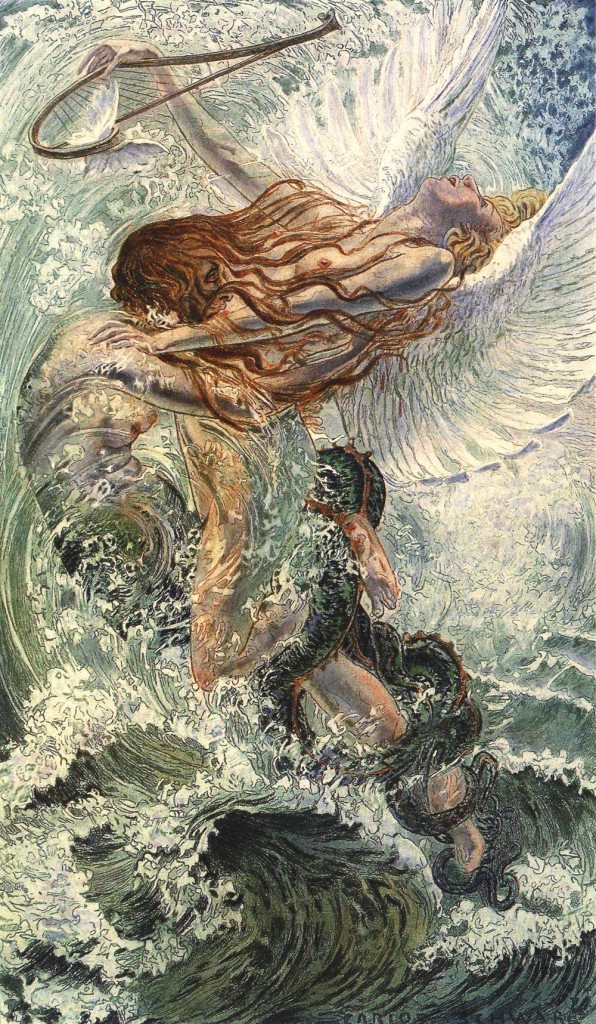
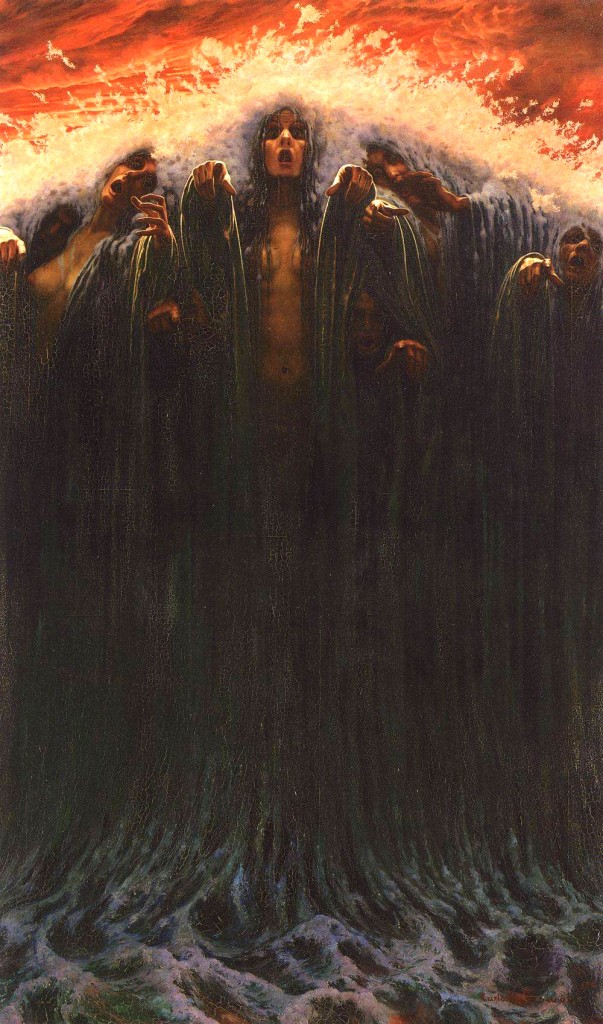
* I’m happy to use the occasion of Phil Jimenez’s birthday as an excuse to post this spread from Infinite Crisis again. One of my favorite pieces of superhero-comic art by anyone ever.
ADDXSTC vs. Fluxblog, LIVE
Come celebrate the 10th anniversary of the mighty Fluxblog, Matthew Perpetua’s marvelous mp3 blog, at Fluxblog Live: 10 Years of Perfect Tunes at Housing Works in Manhattan on Monday, July 23, at 7pm. Matthew, Rob Sheffield from Rolling Stone, Emily Gould, Mark Richardson from Pitchfork, Heather D’Angelo from Au Revoir Simone, Dick Valentine from Electric Six, Amanda Petrusich, Amy Rose Spiegel from Rookie, and I will each be playing and talking about a song from the past ten years, recreating the Fluxblog format IN THE FLESH. It’s a pretty good group. See you there!
Up on the roof
Page 12 of “Destructor Meets the Cats” has been posted.
You can read the whole story so far on one continuously scrolling page by clicking here.
Your Love and Rockets 30th Anniversary thought of the day
Any character in Love and Rockets stands a decent chance of being my favorite on any given day, because they are designed to be contemplated, and I’m the contemplative type. Today I’m thinking a lot about Tonantzin, one of the stars from Gilbert’s Palomar stories. She’s a stunningly hot small-town girl, so her rebelliousness first manifests itself by dressing provocatively and using sex to self-actualize. But her mind, heart, and psyche are all as dangerously overdeveloped as her body and sensuality, she gets swept up in a series of increasingly destructive obsessions, first with America and Hollywood, then with native culture and political protest, then with the danger of militarism and the possibility of nuclear annihilation. We can see that they all provide her with an emotional and intellectual way out of the confines of Palomar and her own body — indeed things start getting really bad when she’s taught to read — but because he never really describes it as such, we never realize how far she’s willing to go until it’s too late. Ultimately she comes to believe the only truly free intellectual and political act is to destroy the body she came in. It’s an unforgettable and utterly unique portrait of how good ideas and good people can nevertheless combine into something very bad. It’s a lesson that life entails losing vibrant, lovely people you neither want nor expect to lose. It’s a tragedy for a young woman and the people who love her. It’s a commentary on the hopelessness of the political climate of the day. Today I find myself wondering whether if she’d grown up in Hoppers instead of Palomar, and had punk and the Locas as a release valve instead of abnegative protest, would she still be alive today? On the flip side, would Speedy Ortiz still be alive if he’d grown up in Palomar instead of Hoppers, in a place where it was easier to form romantic relationships and harder to form ones based on a shared propensity for collective macho violence? This is the kind of thing you could do all day long with character after character after character from both Gilbert and Jaime. They’re drawn to be viewed from all angles.
Love and Rockets, the great serial comic by Gilbert, Jaime, and sometimes Mario Hernandez, is celebrating its 30th anniversary at the San Diego Comic-Con International this week. Inspired by Tom Spurgeon, this week-long, daily series of posts will highlight some of my favorite things about Los Bros Hernandez and their comics. For more information, click here.
Comics Time: The Walking Dead #100
The Walking Dead #100
Robert Kirkman, writer
Charlie Adlard, artist
Image, July 2012
30 pages
$3.99
Buy it via Skybound
For today’s Comics Time review, please visit The Comics Journal.
Your Love and Rockets 30th Anniversary thought of the day
Mario Hernandez is the great lost alternative cartoonist, the Lost Bro Hernandez. His interest in cosmopolitanism, leftist politics, the conflation of activism and terrorism by the authorities, the pas de deux between terrorism and authoritarianism, the revolutionary and counterrevolutionary power of art and pop culture, the Third World as a petri dish for first-world government’s reimportation of radicalism, all within the framework of vaguely science-fictional thrillers — he is in many ways the perfect comics-maker for our present moment. With its heavy use of blacks his style sits comfortably alongside those of his brothers, but its density and its bold slashing brushstrokes set it completely apart. If he’d had the time or inclination to produce the same volume of work, published with the same regularity, as his brothers, we’d likely have a third pantheon-level creator from the same generation of the same family, an astonishing thing to contemplate. As it stands we have a hidden treasure, a single gem in a stack of gems, and that’s not so bad either.
Love and Rockets, the great serial comic by Gilbert, Jaime, and sometimes Mario Hernandez, is celebrating its 30th anniversary at the San Diego Comic-Con International this week. Inspired by Tom Spurgeon, this week-long, daily series of posts will highlight some of my favorite things about Los Bros Hernandez and their comics. For more information, click here.
Carnival of souls: Special “San Diego Day One” edition
* Tom Spurgeon hadn’t even arrived in San Diego yet before he started rolling out killer coverage of the comics side of Comic-Con:
** Here’s his list of five stories to watch at the show this year. If it really is more of a festival now, the CCI organization should go full Angouleme and allow a guest of honor to create a special programming slate. Kick the selection of the guest of honor to a vote by the previous year’s Eisner Award winners or something.
** Here’s the first in a series of posts on comics to buy at Comic-Con. I can get behind two of the three.
** Tom also lined up a couple of announcements. First, AdHouse is releasing an extremely limited edition collection of Jim Rugg’s painstaking notebook drawings called Notebook, available now. Rugg describes the project as “vacillat[ing] between celebration and satire,” which if you recall is the same sweet spot that made his and Brian Maruca’s Afrodisiac such a success.
** Second, PictureBox is releasing an extremely limited edition book by Renee French called Bjornstrand, available at SPX in September. Like the Rugg project, it’s limited to 300 copies.
* Drawn and Quarterly previews the new Brecht Evens graphic novel they’re unveiling at San Diego, The Making Of. Would you believe it looks pretty?
* Graeme McMillan on the 30th Anniversary of Love and Rockets. For what it’s worth, Beto’s recent work is far less frivolous and indulgent than Graeme believes. It’s actually nothing less than an ongoing interrogation of, even condemnation of, his fetishes. It’s as strong an exploration of the consequences of child sexual abuse as comics has ever produced this side of Debbie Dreschler, too. Not an easy read, to be sure, but also not a stupid read.
* In other news…
* Tucker Stone runs down some of the year’s most anticipated remaining releases for Flavorpill, including works by Chris Ware, Hope Larson, Jacques Tardi, Johnny Ryan, David Lasky, Noah Van Sciver, and Los Bros Hernandez. Always a pleasure to read Tucker’s dead-on, succinct summaries of the appeal of folks like these.
* LOL, James Robinson is off that not-appealing-to-people-who-like-He-Man He-Man comic after one issue, replaced by DC’s designated dogsbody Keith Giffen.
* MoCCA intends to relocate its museum, which seems like the kind of thing they might have included in their announcement that they were closing the old one.
* Hooray, new Cindy and Biscuit from Dan White!
* I enjoyed Steven Hyden’s piece on Nine Inch Nails’ masterpiece The Fragile for the Onion AV Club. Music writing about work I really, really, really, really love, even when we’re basically on the same wavelength, almost always contains one or two ideas that make me want to turn a cereal bowl upside down and smash it to pieces with the fleshy underside of my fist—this is why I’ve read a grand total of, I think, half an entry on that Bowie Songs blog—and there’s no album that means more to me than The Fragile, I don’t think, so I expected to be driven nuts, but no. I’ll take “alt rock’s Raging Bull,” sure.
Your Love and Rockets 30th Anniversary thought of the day
Jaime Hernandez is comics’ greatest maker of standalone images. His blacks, his typography, his sense of style, the drama of his line, the sense of balance and momentum even within a single image, his use of powerful moments to convey character, the whole nine. Out of all his peers in the ’80s and ’90s alternative comics movement — the stuff I think of as High Alt, the solo anthology series cartoonists who eventually coalesced around Fantagraphics and Drawn & Quarterly, Xaime and Beto and Ware and Burns and Clowes and Brown and Doucet and Bagge and Tomine and Sacco and Woodring and French — his makes him uniquely suited for the Tumblr era, when the rebloggable, context-free image is king. As such he stands the best chance of elbowing his way into the new canon currently being established as a reaction against High Alt and its forebears, consisting mainly of high-impact, visually dazzling genre comics whose work thrives in a one-at-a-time context — Kirby and Moebius and Otomo and Miller and Chaykin and Manara and pre-alt Mazzucchelli and McCarthy and Graham. But his best images often come within the flow of a story in addition to pin-ups, posters, covers, and title pages, and his interests broaden the canon-of-spectacle beyond solving problems through violence and/or sexy stylishness. They work equally well as vehicles for devastating emotional reveals, or as t-shirts.
Love and Rockets, the great serial comic by Gilbert, Jaime, and sometimes Mario Hernandez, is celebrating its 30th anniversary at the San Diego Comic-Con International this week. Inspired by Tom Spurgeon, this week-long, daily series of posts will highlight some of my favorite things about Los Bros Hernandez and their comics. For more information, click here.
Comics Time: Fatima: The Blood Spinners #1
Fatima: The Blood Spinners #1
Gilbert Hernandez, writer/artist
Dark Horse, June 2012
24 pages
$3.99
Buy it from Dark Horse
For today’s Comics Time review, please visit The Comics Journal.
STC on Breaking Bad at Rolling Stone
I’m excited to announce that I’ll be covering Breaking Bad for Rolling Stone this season. I’m starting out with a list of Walter White’s 10 Lowest Lows. I got to say a lot of stuff I wanted to say about the show in this thing, so I hope you dig it. The King is dead, all hail the King!
Carnival of souls: Special “San Diego pre-game” edition
* The San Diego Comic-Con International starts tomorrow evening, but for all intents and purposes it’s already underway, if by “all” you mean “PR.”
* The main announcement to break through the fog for me so far is that Fantagraphics will be debuting not only Love and Rockets: New Stories #5, which I think it’s safe to say is eagerly anticipated following last year’s installment, but also a new line of L&R t-shirts OMGGGGGGGGG!!!! There’s no more t-shirt-ready artist in all of comics than Jaime, and Gilbert’s no slouch either. UPDATE: THEY’RE ONLY AVAILABLE AT THE CON, BOOOOOO TO THAT, BOOO BOO BOOOOOOOO, SERIOUSLY FUCK THAT
* If you didn’t read Tom Spurgeon’s essay about the 30th anniversary of Love and Rockets, Los Bros Hernandez, and the San Diego Comic-Con, you really should. Aside from making a terrific capsule-format case for the greatness of all three cartooning Hernandez brothers and their series as a whole, Tom reminds us that Comic-Con is what we make of it, and that a better way to keep the Comic in Comic-Con than joking about movie studio people is to find and engage with the comics portions of it. A milestone anniversary of one of the greatest comics of all time is a pretty easy way to do that.
* The death of a Twilight fan struck by a car outside the convention center is an awful way to start the show. (Via Jill Pantozzi.)
* In other news…
* The Mindless Ones wrap up their commentary on the latest League of Extraordinary Gentlemen. Adam’s right that something about the Harry Potter battle felt inconsequential, but I ultimately decided that was the point.
* MoCCA’s physical museum closed abruptly. They charged an awful lot of money for table space and admission at their festivals and it’s a shame to see it wasn’t spent in such a way as to prevent this.
* David Bordwell provides an overview of the latest edition of his and Kristin Thompson’s Film Art, which doubles as an essay on filmmaking as a series of choices. Killer new cover for the book, too. No pun intended.
* Hey, wanna see a 3-D Craig Thompson/Theo Ellsworth jam comic?
* I LOLd for this installment of Puke Force by Brian Chippendale.
* Matt Furie does Simon Hanselmann’s Megg & Mogg. From the upcoming guest-star-studded “acid episode”!
* We’ve all been there, Scott Pilgrim. (Via Kiel Phegley.)
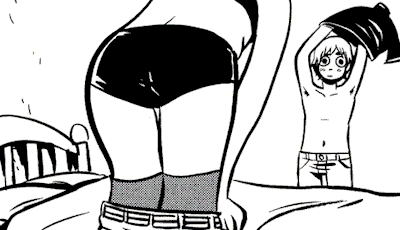
* A lady by my collaborator Isaac Moylan.
* A lady by my collaborator Jonny Negron.
* Chris Ware is an articulate and empathetic interview subject, even a moving one as the end of this interview makes very clear, but he is also just a machine for churning out hilariously embarrassed reactions to his own work. I wish I had the cock-of-the-walk attitude of all the people I’ve seen making fun of Ware for his genuine self-effacement. Must be nice to breeze through life like that! (Via Drawn and Quarterly.)
Your Love and Rockets 30th Anniversary thought of the day
Outside of erotica and autobiography, no cartoonist has ever woven sex so indissolubly into the fabric of his comics as Gilbert Hernandez, in a fashion reflective of lived experience. In all of fiction comics, only writer Alan Moore comes close. This goes beyond simply drawing hot people, although before unfortunate circumstances intervene, Tonantzin and Khamo are probably the hottest woman and man in all of comics. Gilbert’s ability to describe and depict physical attraction between his couples frequently makes for the sweetest and most romantic aspects of those relationships—whether male or female, characters’ appreciation for their partners’ hips, tits, dicks, thighs, stomachs, faces and what-have-you, and for the pleasure those parts bring them, is often just plain adorable, however freaky or kinky or dirty things might get. But Beto’s larger argument appears to be that we can no more separate our physical desires from our lives than we can detach from our physical bodies in the course of living them. This of course has a dark side: Life is frequently terrible, and thus so is sex in Gilbert’s comics. And so his greatest creation, Fritz, is the em-body-ment of all these aspects of Beto’s work: She is the sweetest, sexiest, kinkiest, dirtiest, most tragic character of them all. There are no sex scenes in Beto’s comics—life is a sex scene, for better and for worse.
Love and Rockets, the great serial comic by Gilbert, Jaime, and sometimes Mario Hernandez, is celebrating its 30th anniversary at the San Diego Comic-Con International this week. Inspired by Tom Spurgeon, this week-long, daily series of posts will highlight some of my favorite things about Los Bros Hernandez and their comics. For more information, click here.
No Way Out for a Family of Five
Jonny Negron and I made a comic called “No Way Out for a Family of Five,” which you can read at Study Group Comics. I hope you like it.

